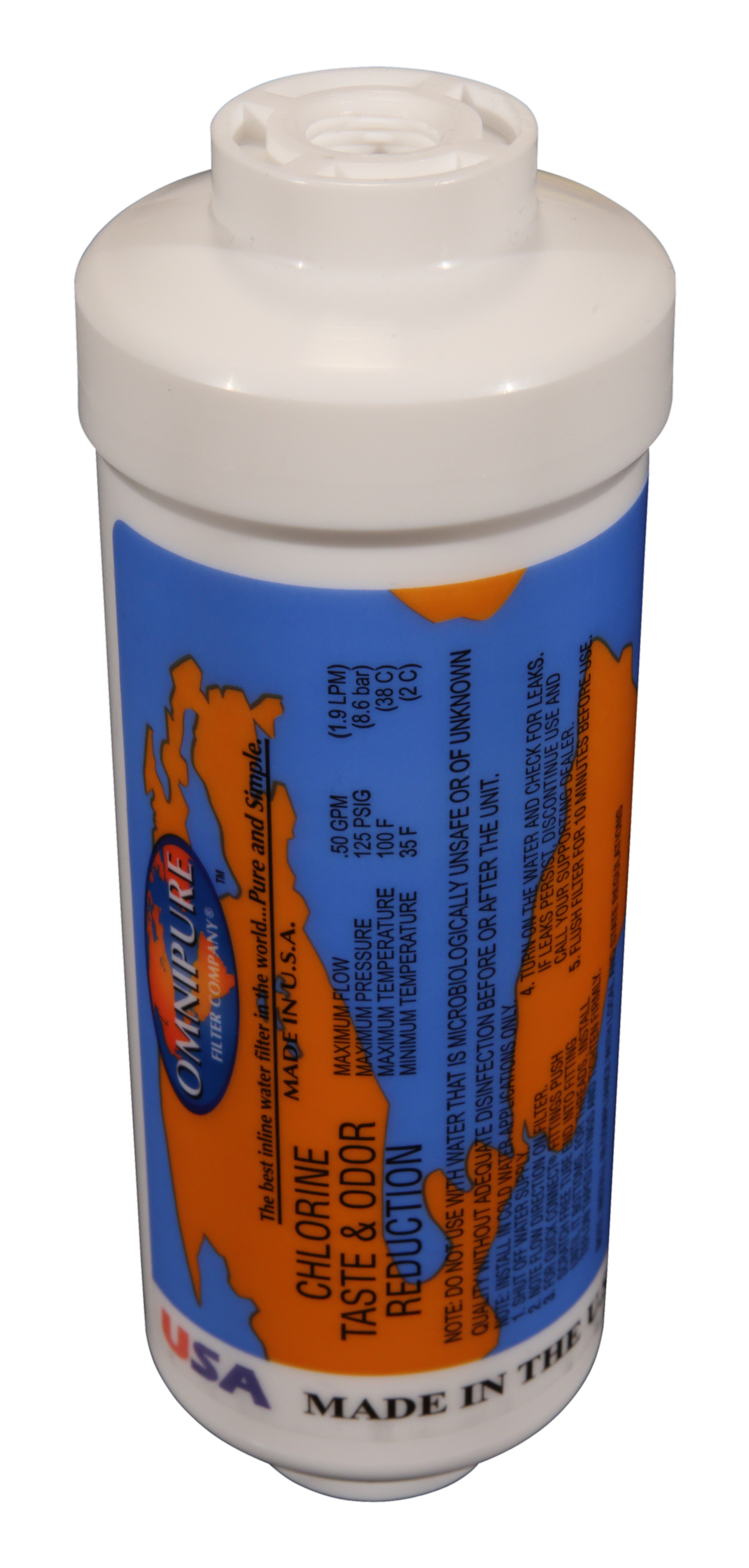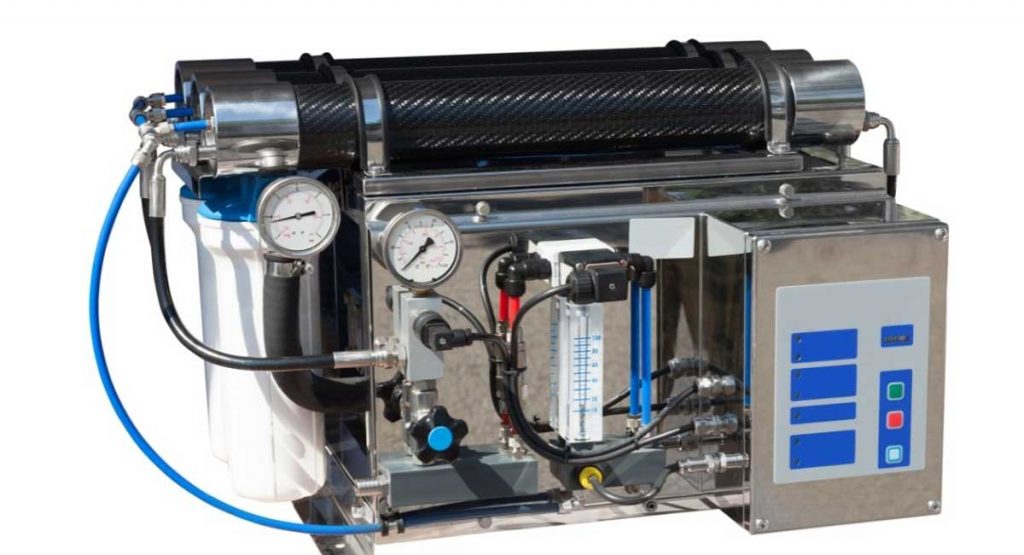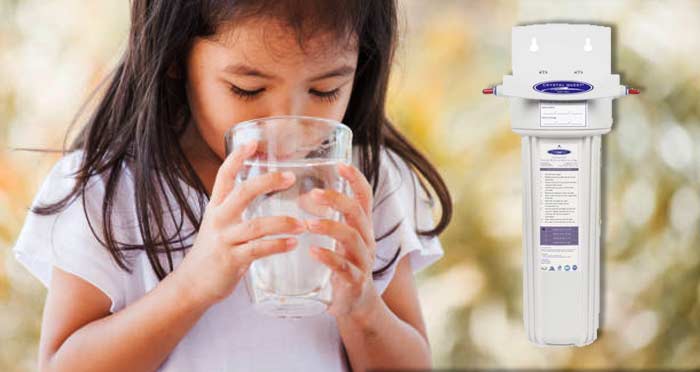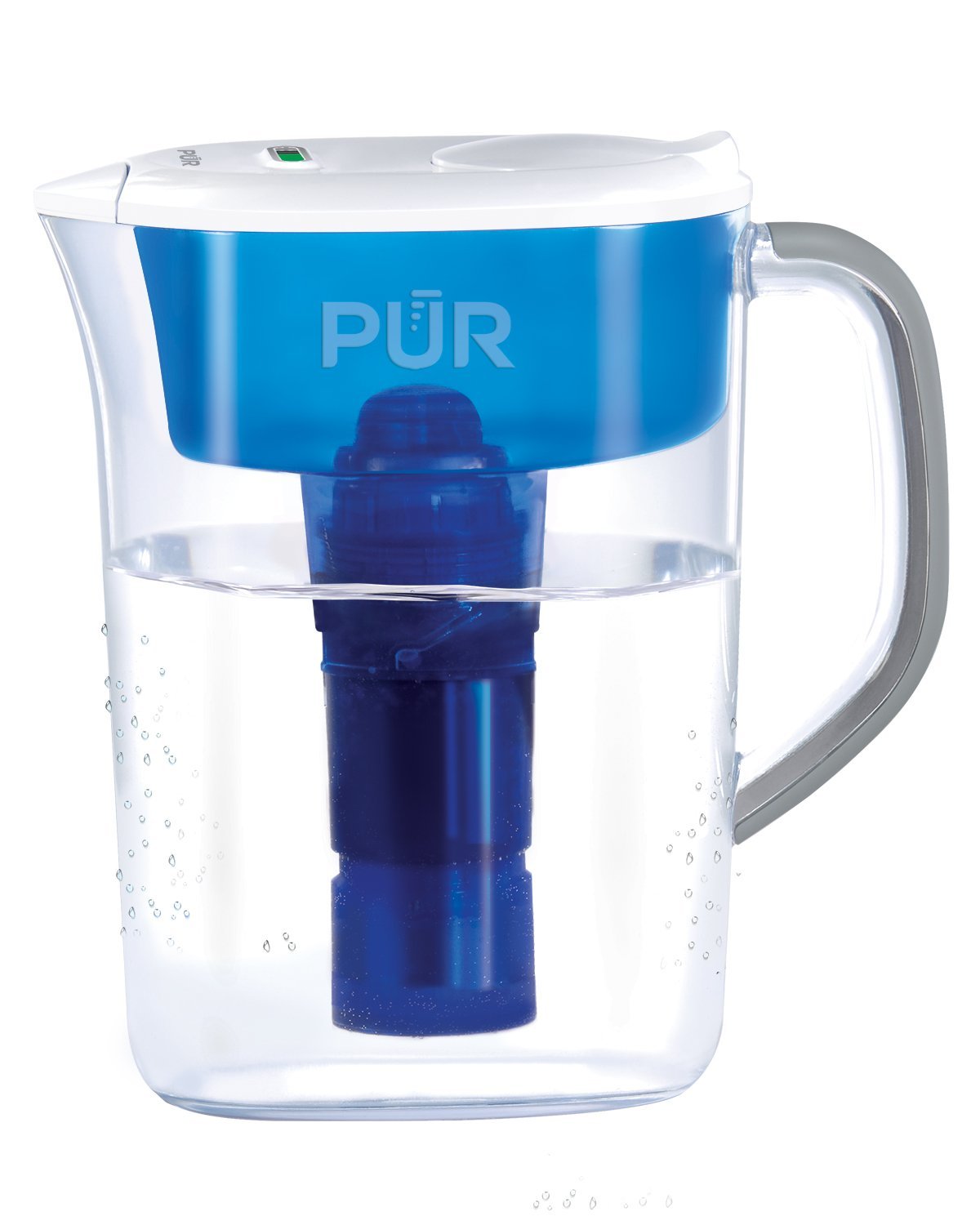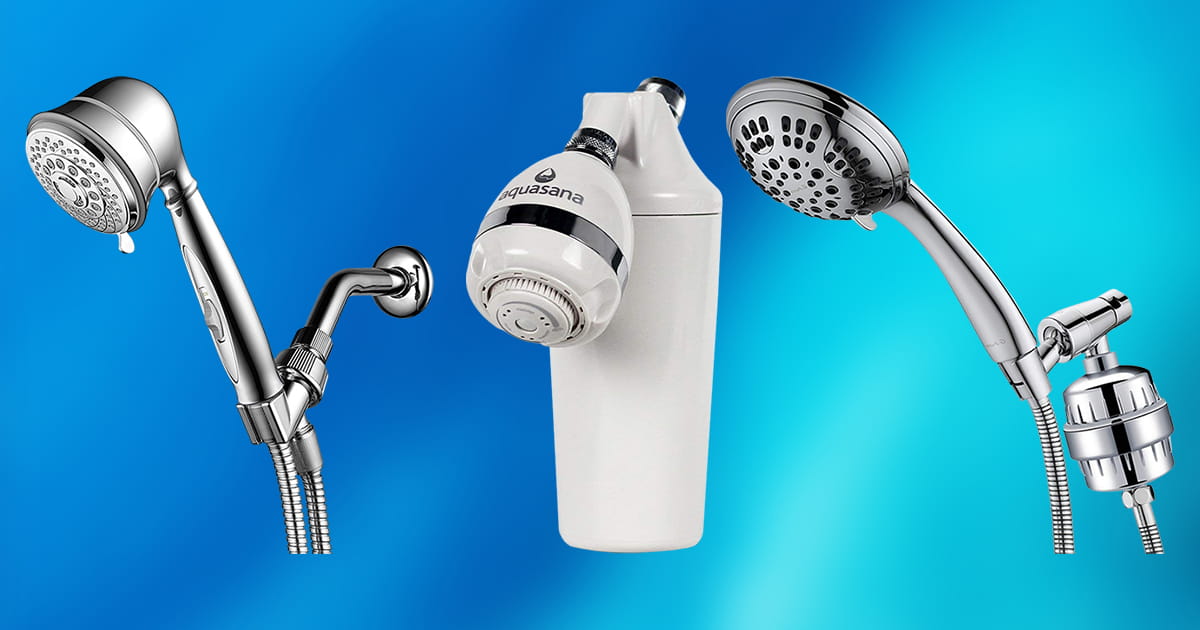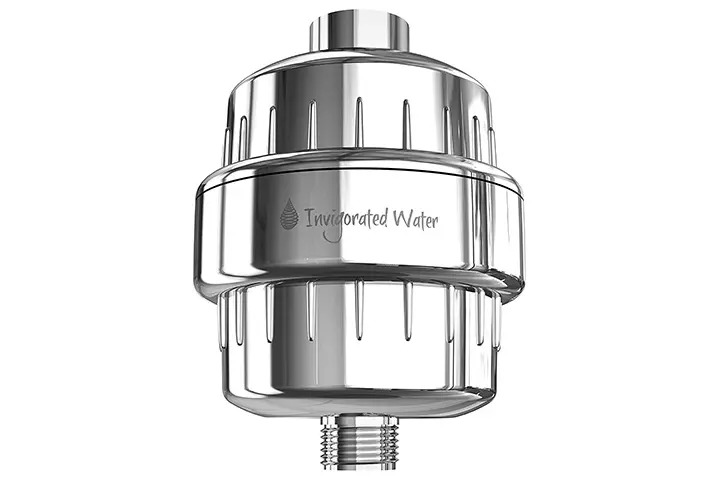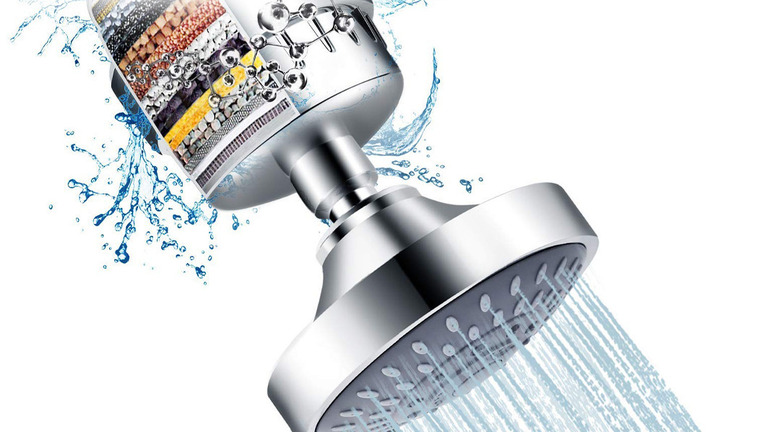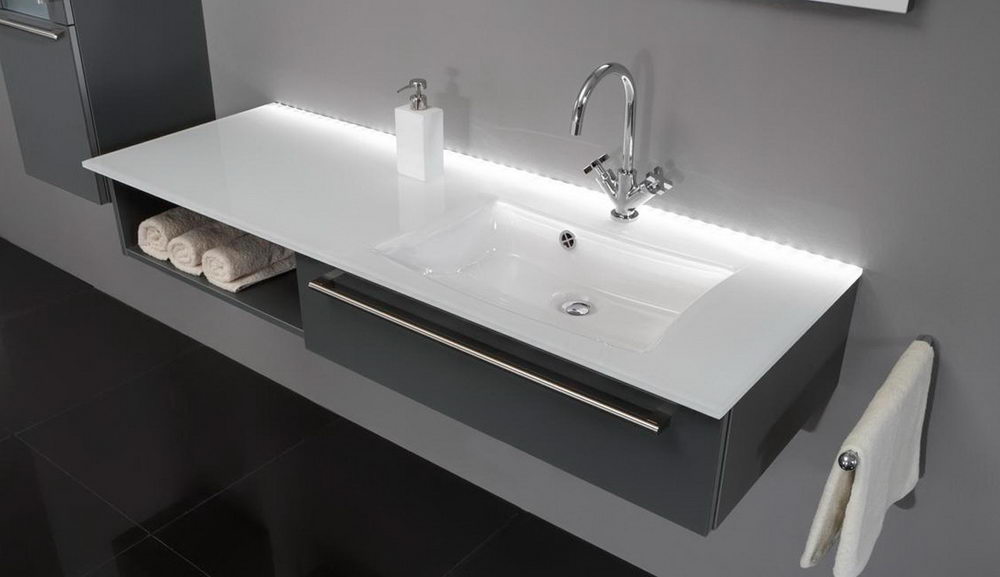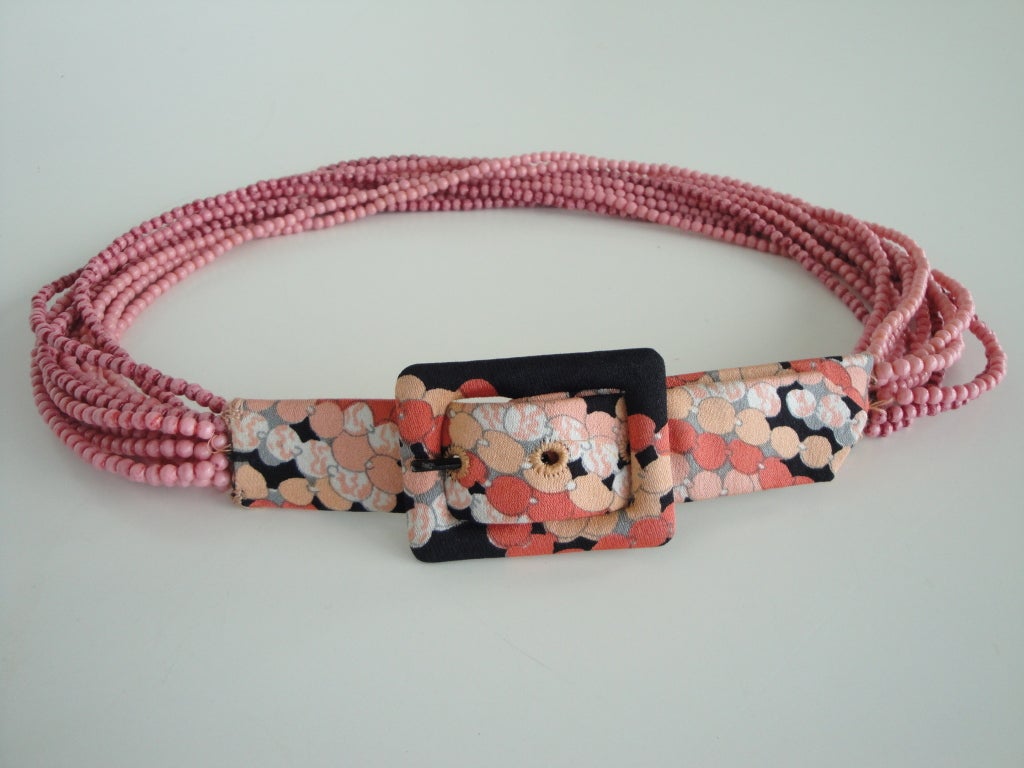One of the most popular and effective options for filtering your kitchen sink water is an under sink water filter. These filters are installed directly under your sink and are connected to your existing water supply. They are usually easy to install and require minimal maintenance, making them a convenient choice for busy households. Under sink water filters come in a variety of types, including carbon, ceramic, and reverse osmosis. They are designed to remove a wide range of impurities, including chlorine, sediment, pesticides, and heavy metals. Some models also have additional features such as alkaline enhancement or UV sterilization for extra purification.1. Under Sink Water Filters
If you don't want to make any modifications to your existing plumbing, a faucet water filter may be the perfect solution for your kitchen sink. These filters are attached directly to your faucet and can be easily removed when not in use. They are a budget-friendly option and require no installation, making them ideal for renters or those on a tight budget. Faucet water filters usually use carbon or ceramic filtration to remove common contaminants such as lead, chlorine, and bacteria. Some models also have multiple layers of filtration for added effectiveness. However, they may not be suitable for homes with low water pressure or non-standard faucet sizes.2. Faucet Water Filters
If you have limited space under your sink or prefer a more portable option, a countertop water filter may be the answer. These filters sit on your kitchen counter and are connected to your faucet with a hose. They are easy to install and can be moved to different sinks if needed. Countertop water filters use a variety of filtration methods, including carbon, ceramic, and reverse osmosis. They are designed to remove chlorine, sediment, and other common contaminants. Some models also have a mineralization feature to add beneficial minerals back into the water.3. Countertop Water Filters
Reverse osmosis (RO) water filters are one of the most thorough methods of filtration for your kitchen sink. These systems use a multi-stage process to remove up to 99% of impurities from your water, including chlorine, fluoride, lead, and more. They are typically installed under your sink and require a separate faucet for dispensing the filtered water. RO water filters use carbon and sediment filters, as well as a membrane that traps even the tiniest particles. They are a more expensive option and may require professional installation, but they provide the highest level of purification for your drinking water.4. Reverse Osmosis Water Filters
Carbon water filters are a popular choice for their effectiveness and affordability. These filters use activated carbon to absorb and trap impurities in your water, including chlorine, pesticides, and other chemicals. They are available in various forms, including under sink, faucet, and countertop models. Carbon water filters come in different sizes and have different levels of filtration, so it's important to choose one that suits your specific needs. They may also need to be replaced more frequently than other types of filters, depending on the level of contamination in your water.5. Carbon Water Filters
Ceramic water filters use a ceramic material with tiny pores to filter out impurities from your water. They are effective at removing bacteria, parasites, and sediment, making them a popular choice for areas with poor water quality. These filters are usually used in conjunction with other filtration methods for optimal results. Ceramic water filters are durable and have a long lifespan, but they may not be as effective at removing chemical contaminants as other types of filters. They also require regular cleaning to maintain their efficiency.6. Ceramic Water Filters
Magnetic water filters use the power of magnets to remove impurities from your water. These filters are installed under your sink and use magnets to alter the molecular structure of contaminants, making them easier to filter out. They are a chemical-free option and are often used in conjunction with other filtration methods for better results. Magnetic water filters are relatively new on the market and may not be as widely available as other types of filters. They are also more expensive than other options, but they provide a unique and environmentally-friendly way to purify your water.7. Magnetic Water Filters
UV water filters use ultraviolet light to kill bacteria, viruses, and other microorganisms in your water. These filters are usually installed under your sink and require a separate faucet for dispensing the purified water. They are effective at removing harmful pathogens and are often used in conjunction with other filtration methods for comprehensive purification. UV water filters do not remove chemical contaminants, so they are usually used in combination with other types of filters for optimal results. They also require regular maintenance and replacement of the UV light bulb to ensure effectiveness.8. UV Water Filters
Inline water filters are a convenient and versatile option for filtering your kitchen sink water. These filters are installed directly in your existing water line and can be connected to any type of faucet or appliance. They are a budget-friendly option and are ideal for those who want to filter all the water in their home. Inline water filters use a variety of filtration methods, including carbon and ceramic. They are effective at removing chlorine, sediment, and other common contaminants, but may not be as thorough as other types of filters. They also require regular replacement of the filter cartridge for optimal performance.9. Inline Water Filters
While not specifically designed for kitchen sinks, shower head water filters can also be used to filter your kitchen sink water. These filters are attached directly to your shower head and use carbon or ceramic filtration to remove chlorine, sediment, and other impurities from your water. They are a budget-friendly option and can be easily installed without any tools. Shower head water filters are a good choice if you want to filter all the water in your home, including your kitchen sink. However, they may not be as effective as other types of filters and may need to be replaced more frequently if used for multiple faucets.10. Shower Head Water Filters
Why Filters for Kitchen Sink are Essential for Every Home

The Importance of Clean Water in Your Kitchen
 When it comes to designing your dream kitchen, there are many factors to consider - from the layout and appliances to the color scheme and finishes. However, one crucial element that often gets overlooked is the
quality of the water
that flows through your kitchen sink.
Clean and safe
water is essential for cooking, cleaning, and drinking, making
filters for kitchen sink
a must-have in every home.
When it comes to designing your dream kitchen, there are many factors to consider - from the layout and appliances to the color scheme and finishes. However, one crucial element that often gets overlooked is the
quality of the water
that flows through your kitchen sink.
Clean and safe
water is essential for cooking, cleaning, and drinking, making
filters for kitchen sink
a must-have in every home.
What Are Kitchen Sink Filters?
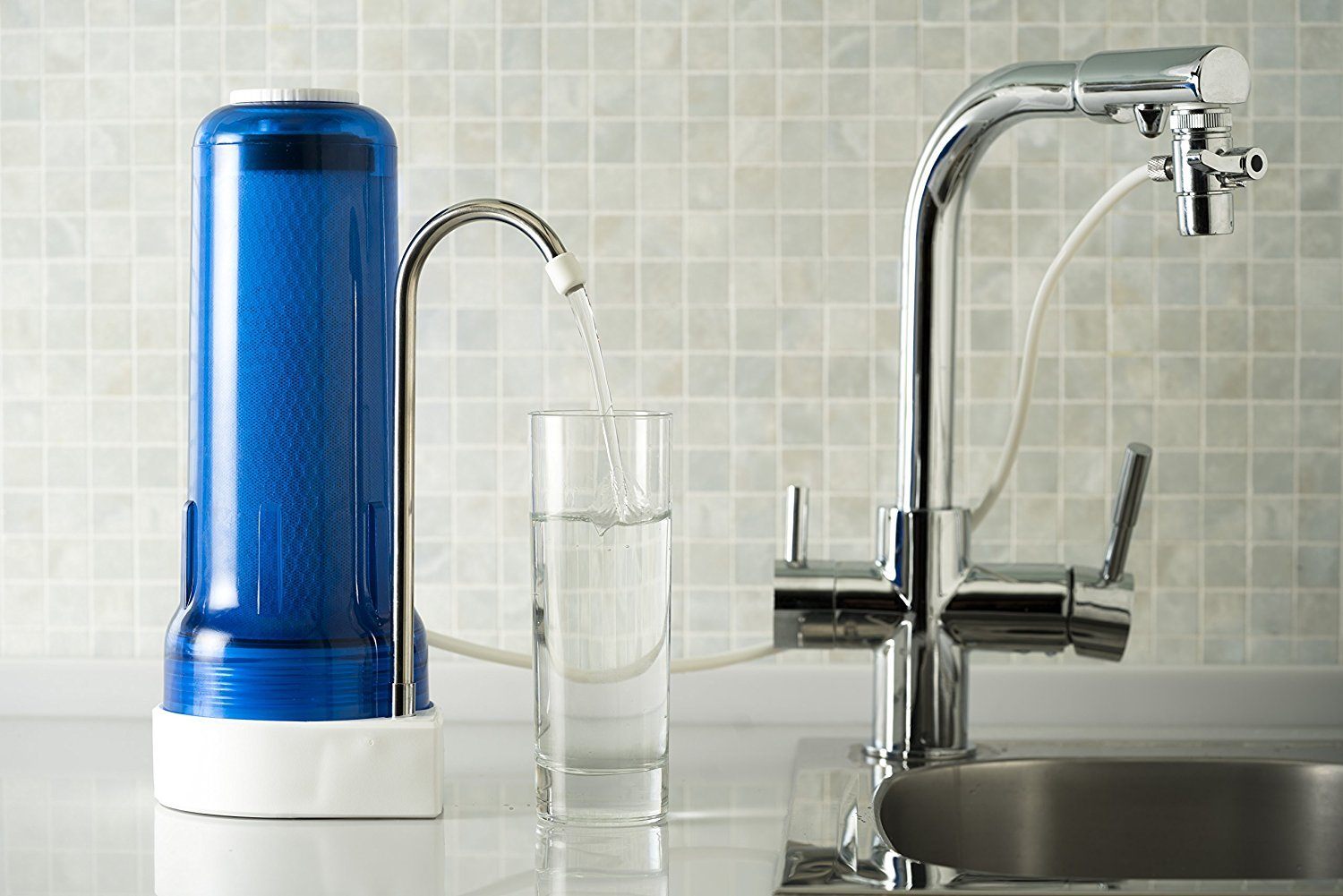 Kitchen sink filters are devices that attach to your faucet or under your sink to
remove impurities
from your water. These impurities may include
sediment, bacteria, chemicals, and minerals
that can affect the taste, smell, and safety of your water. Kitchen sink filters work by
straining or absorbing
these impurities, providing you with
clean and clear
water for all your kitchen needs.
Kitchen sink filters are devices that attach to your faucet or under your sink to
remove impurities
from your water. These impurities may include
sediment, bacteria, chemicals, and minerals
that can affect the taste, smell, and safety of your water. Kitchen sink filters work by
straining or absorbing
these impurities, providing you with
clean and clear
water for all your kitchen needs.
The Benefits of Using Filters for Kitchen Sink
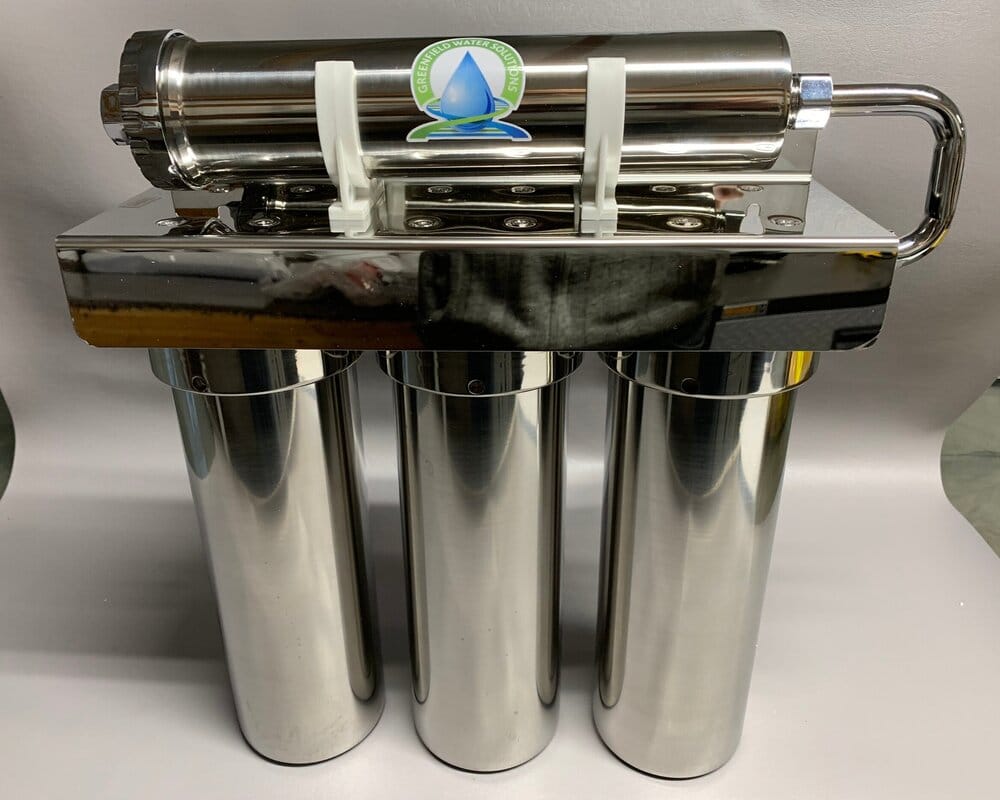 The most obvious benefit of using kitchen sink filters is the
improved quality of water
that you and your family consume. Not only will it taste and smell better, but it will also be
safer
for your health.
Filtering out harmful chemicals
such as chlorine, lead, and pesticides can help prevent potential health issues in the long run.
In addition to health benefits,
filters for kitchen sink
can also help
extend the life of your appliances
, such as your dishwasher and garbage disposal. By removing sediments and minerals from your water, these filters prevent buildup and clogging,
improving the efficiency
and longevity of your appliances.
The most obvious benefit of using kitchen sink filters is the
improved quality of water
that you and your family consume. Not only will it taste and smell better, but it will also be
safer
for your health.
Filtering out harmful chemicals
such as chlorine, lead, and pesticides can help prevent potential health issues in the long run.
In addition to health benefits,
filters for kitchen sink
can also help
extend the life of your appliances
, such as your dishwasher and garbage disposal. By removing sediments and minerals from your water, these filters prevent buildup and clogging,
improving the efficiency
and longevity of your appliances.
Choosing the Right Filter for Your Kitchen Sink
 When it comes to
selecting the right filter for your kitchen sink
, there are a few factors to consider. These include the
type of filter
(such as activated carbon or reverse osmosis), the
size and compatibility
with your faucet or sink, and the
filter lifespan and replacement cost
. It's essential to do your research and choose a filter that meets your specific needs and budget.
When it comes to
selecting the right filter for your kitchen sink
, there are a few factors to consider. These include the
type of filter
(such as activated carbon or reverse osmosis), the
size and compatibility
with your faucet or sink, and the
filter lifespan and replacement cost
. It's essential to do your research and choose a filter that meets your specific needs and budget.
Final Thoughts
 In conclusion,
filters for kitchen sink
are an essential addition to every home. They not only improve the quality and safety of your water, but they also
protect your appliances
and
save you money
in the long run. So, when designing your dream kitchen, don't forget to include a reliable and efficient kitchen sink filter to ensure that your water is always clean and healthy.
In conclusion,
filters for kitchen sink
are an essential addition to every home. They not only improve the quality and safety of your water, but they also
protect your appliances
and
save you money
in the long run. So, when designing your dream kitchen, don't forget to include a reliable and efficient kitchen sink filter to ensure that your water is always clean and healthy.




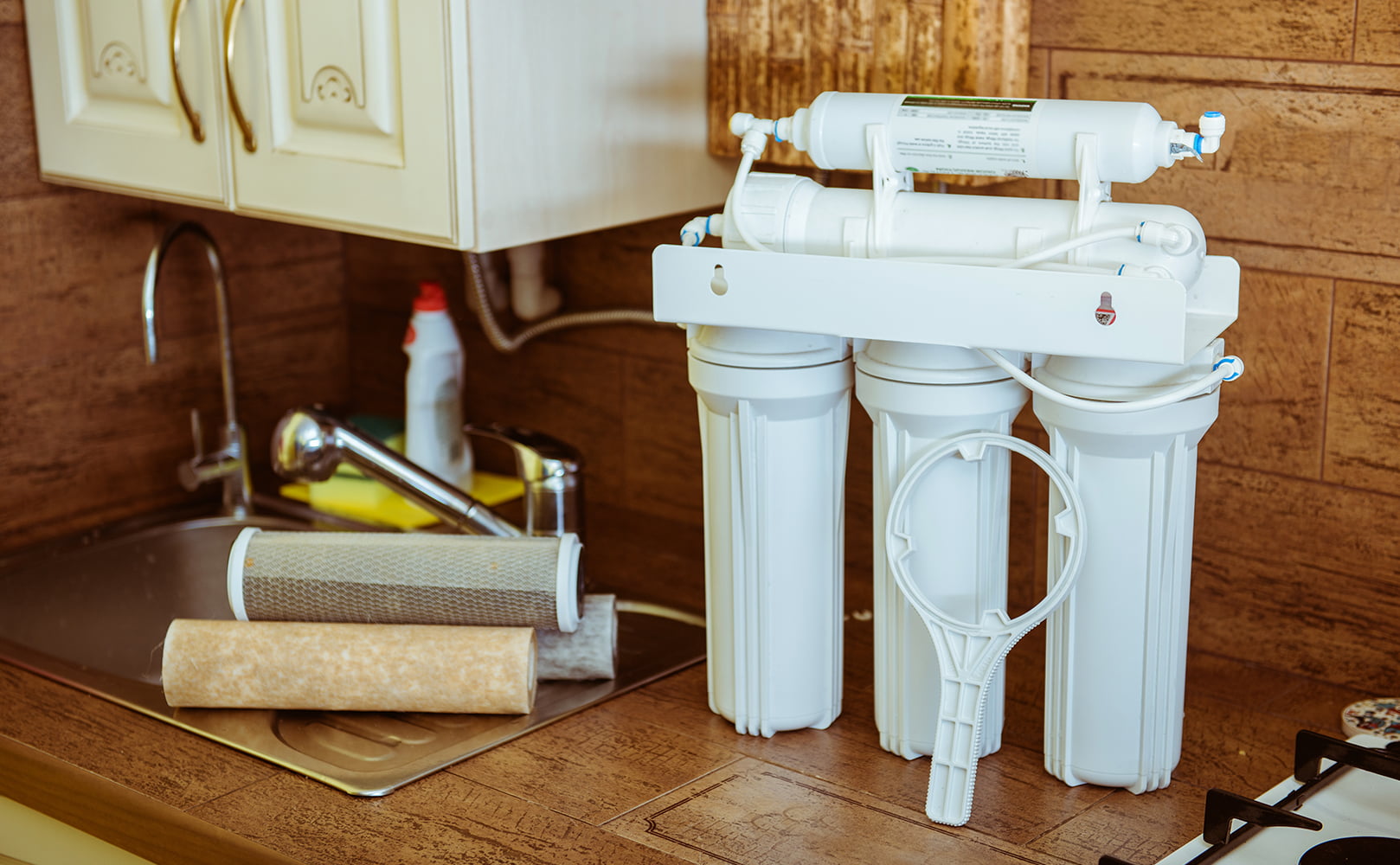
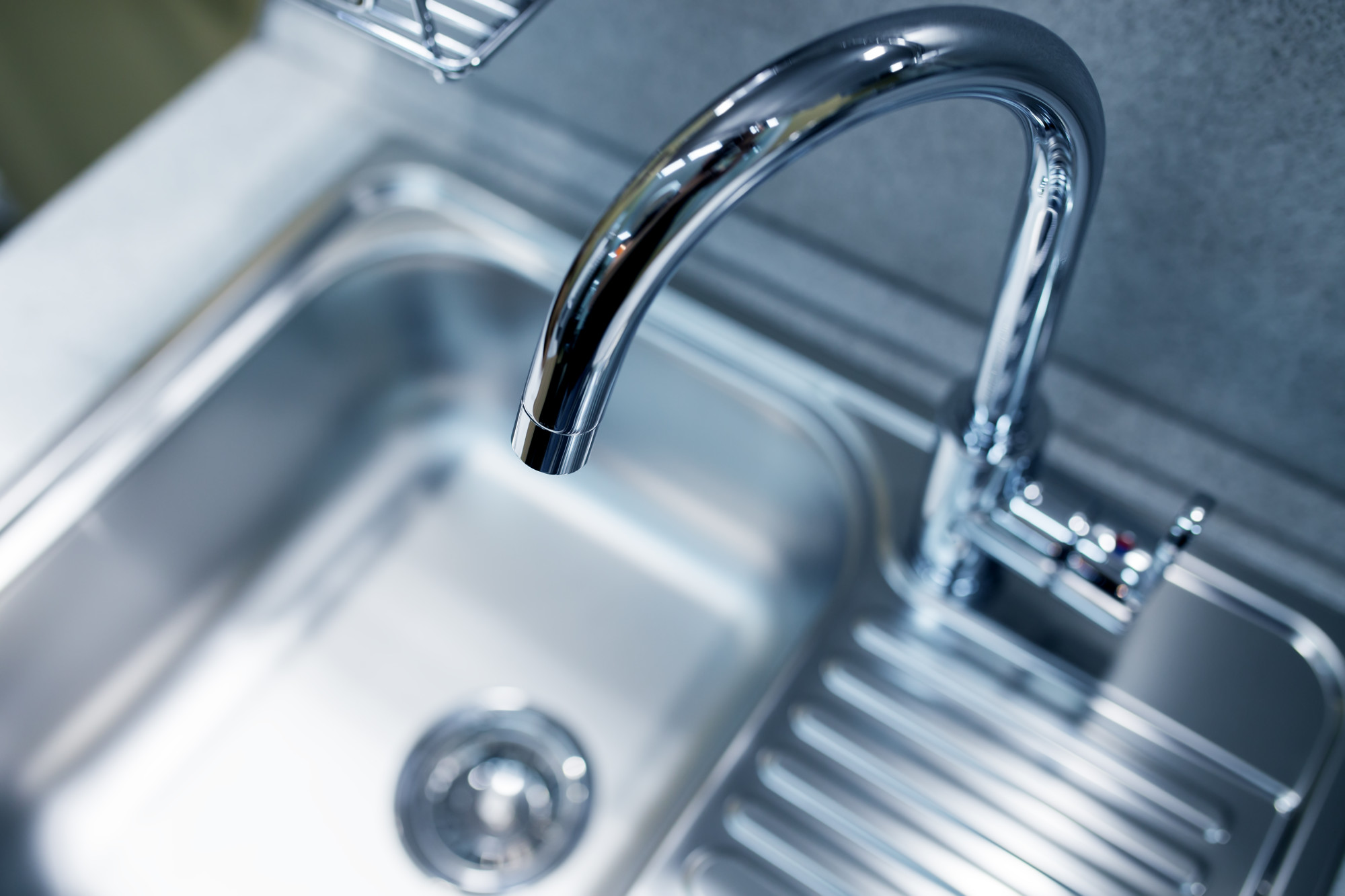

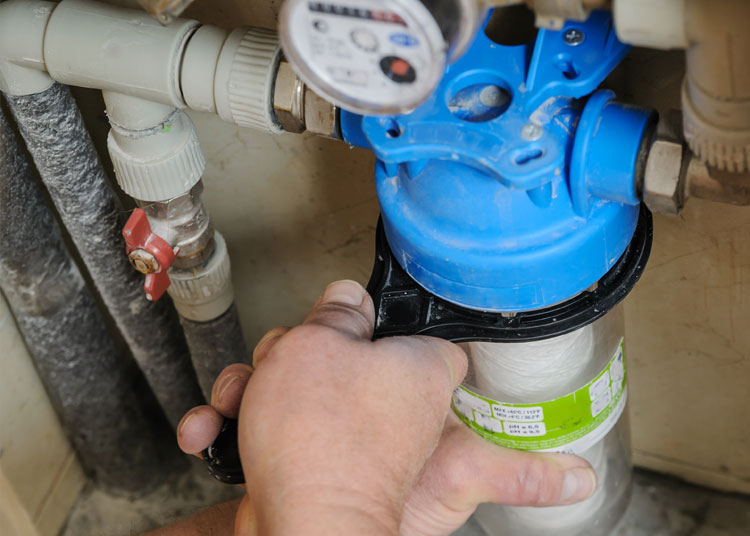
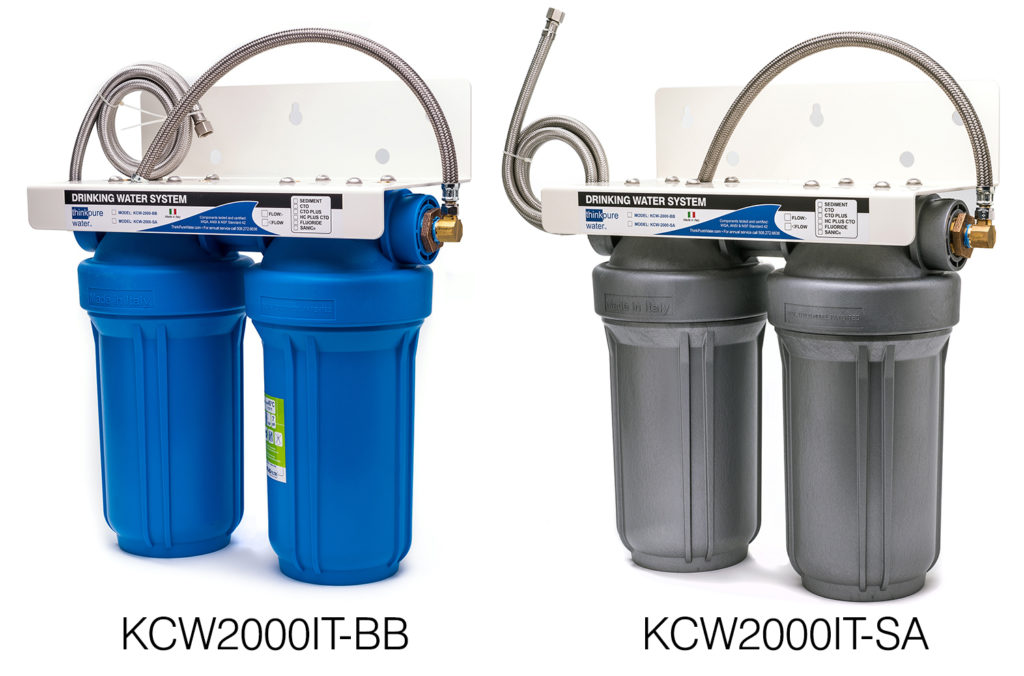
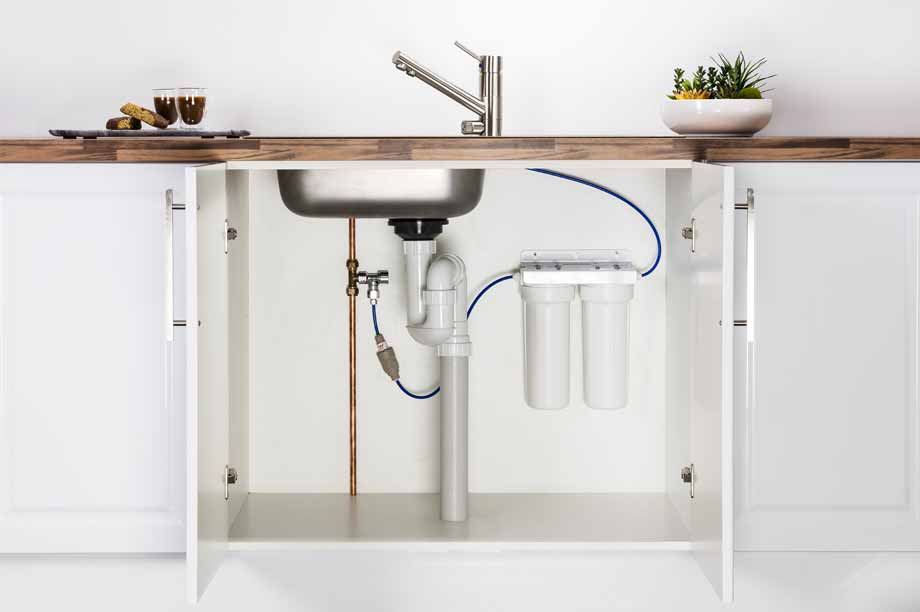


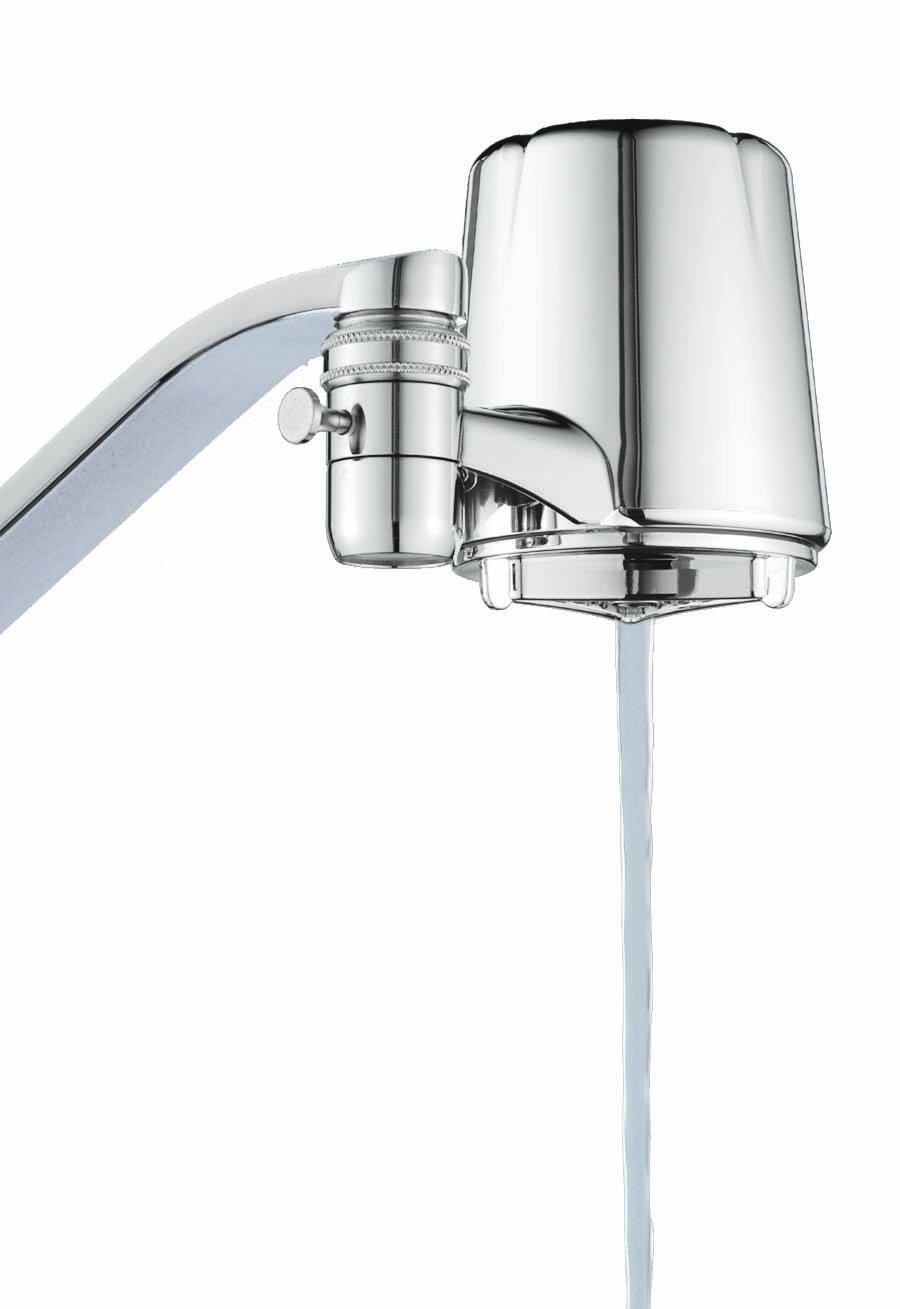
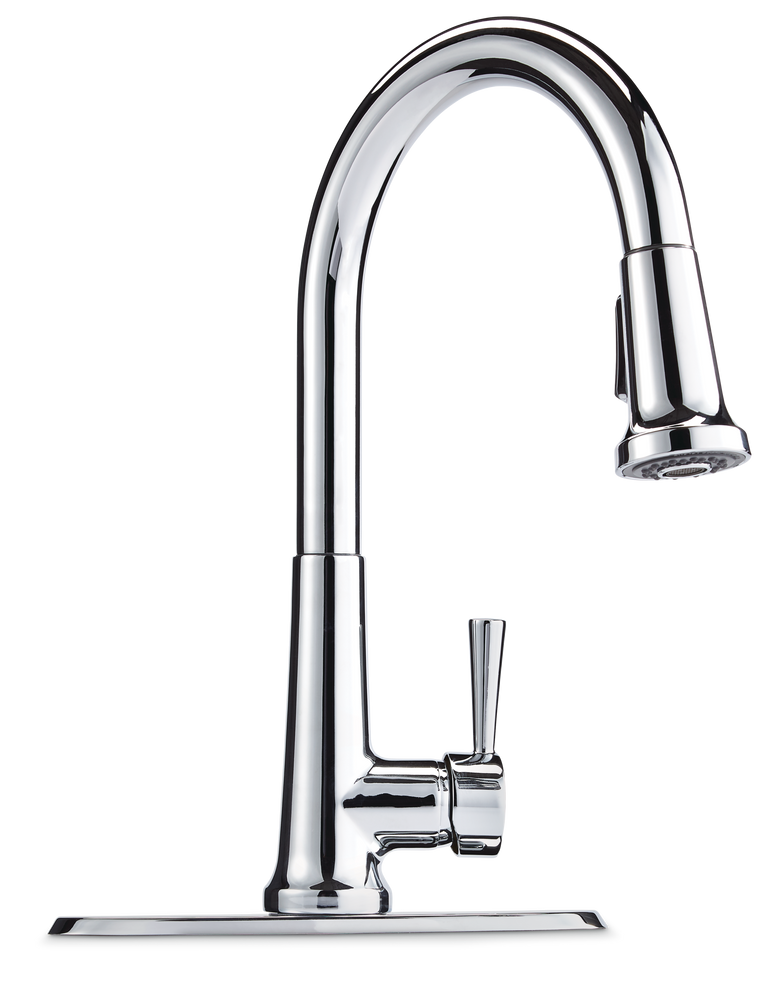


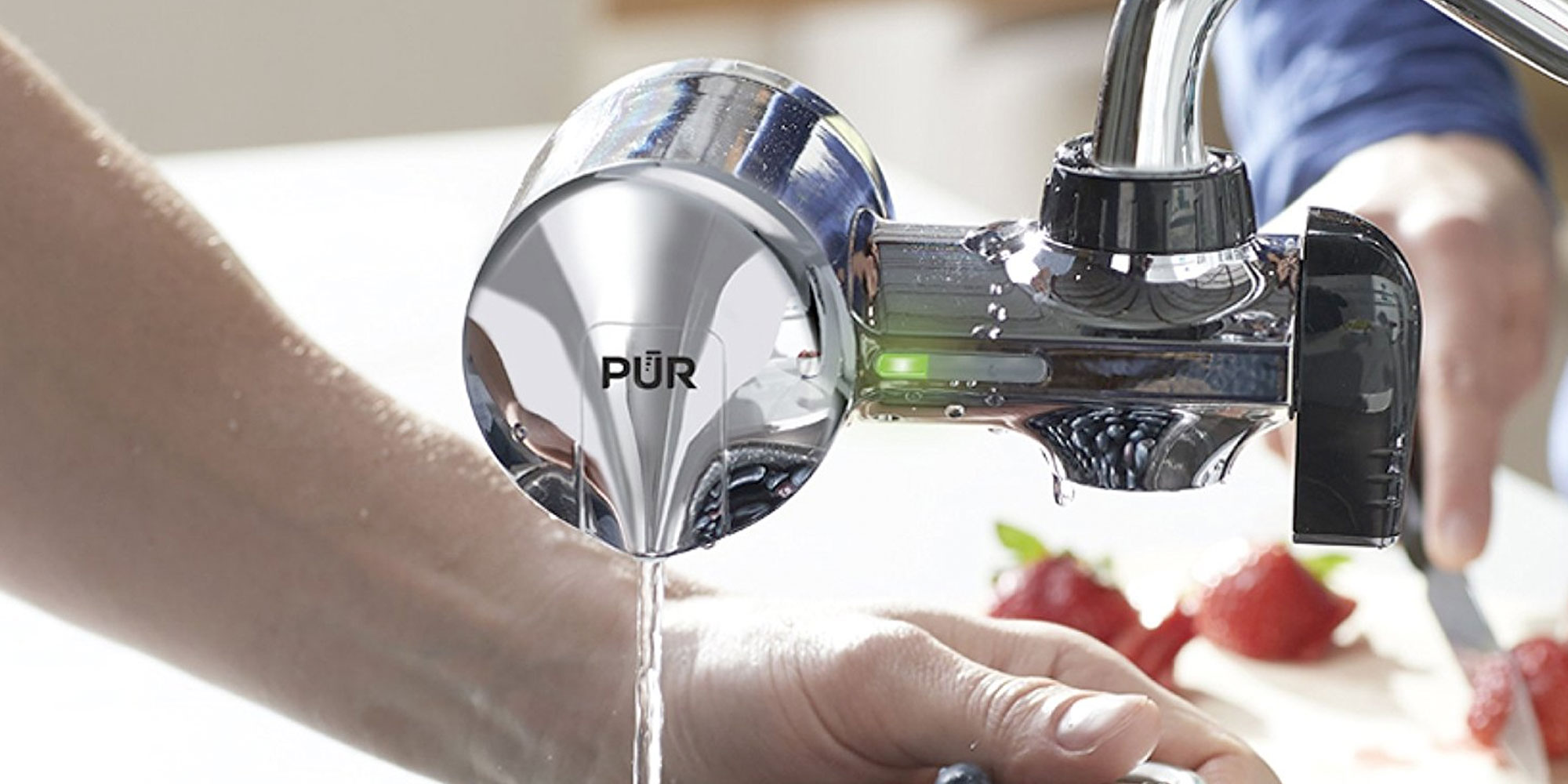

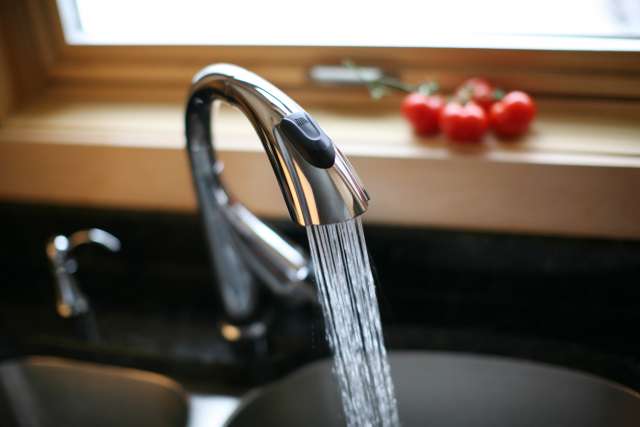
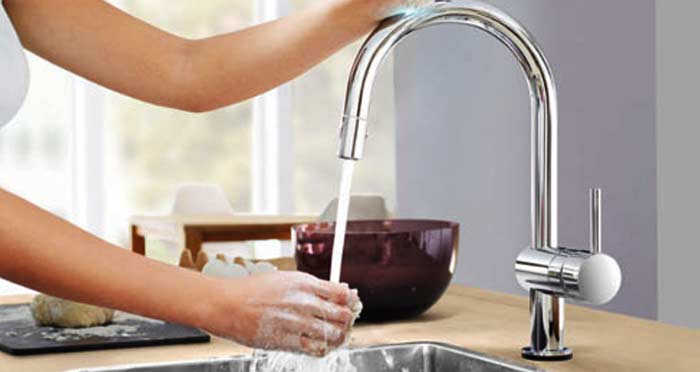

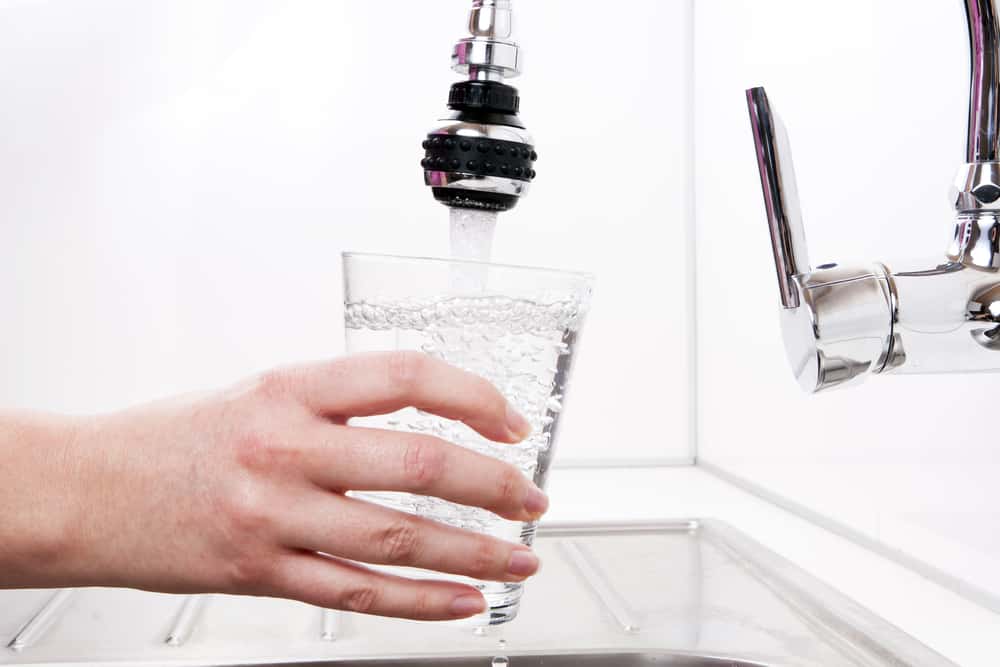
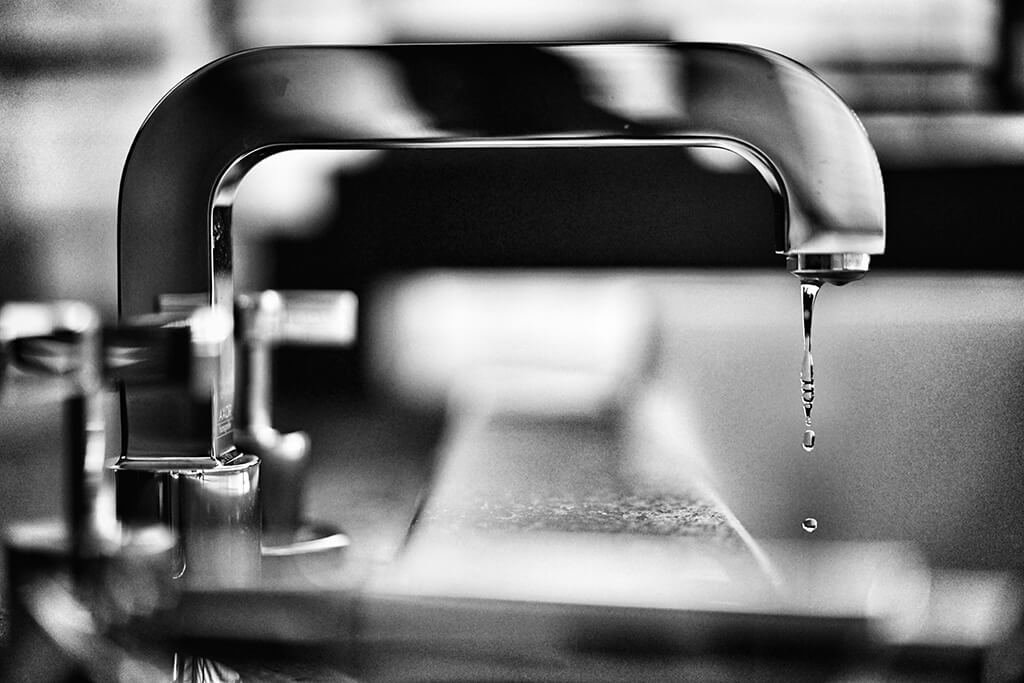
.jpg)






/waterpurifieronsink-1135949a27e64e6c85452a207e3d5dce.jpg)



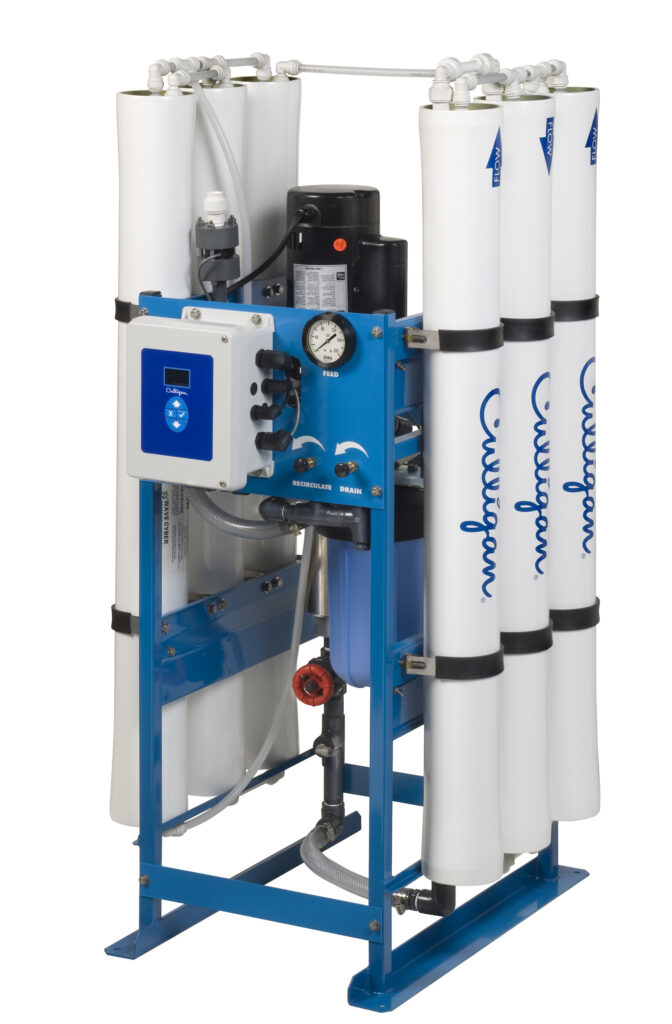
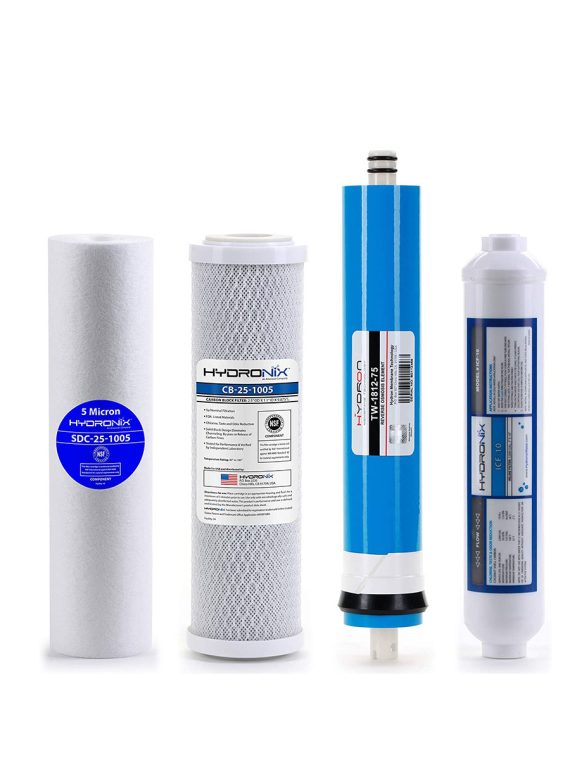
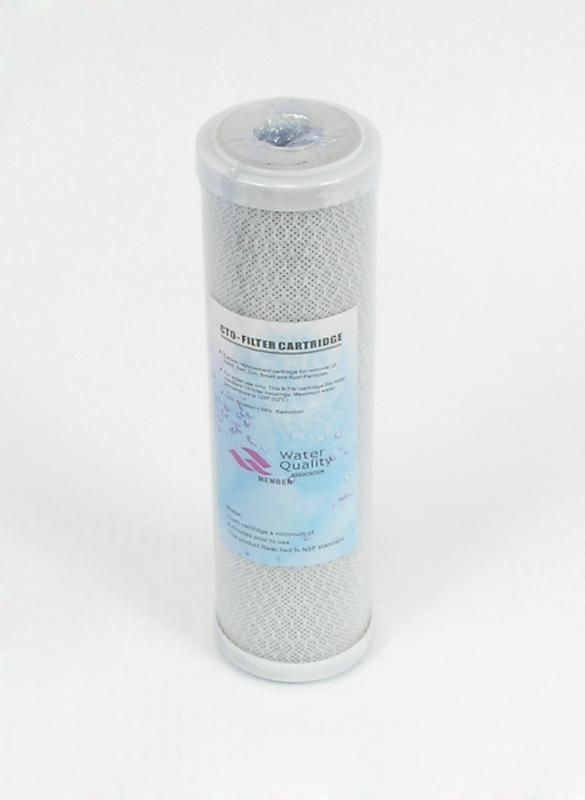

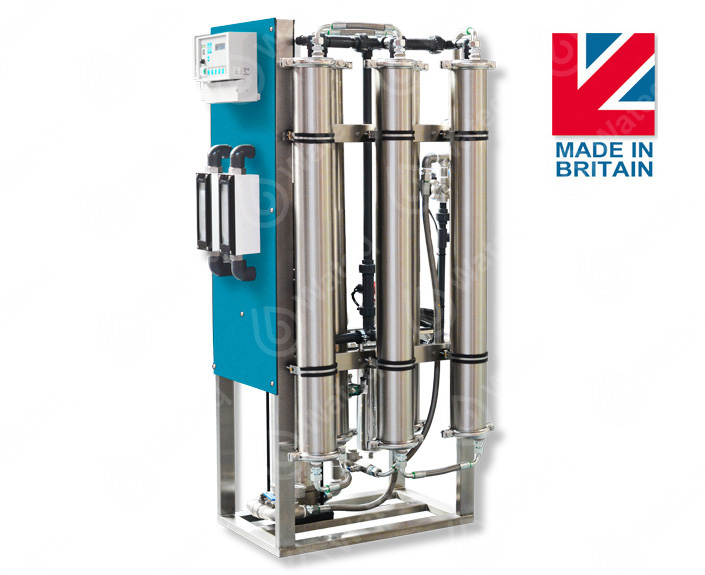

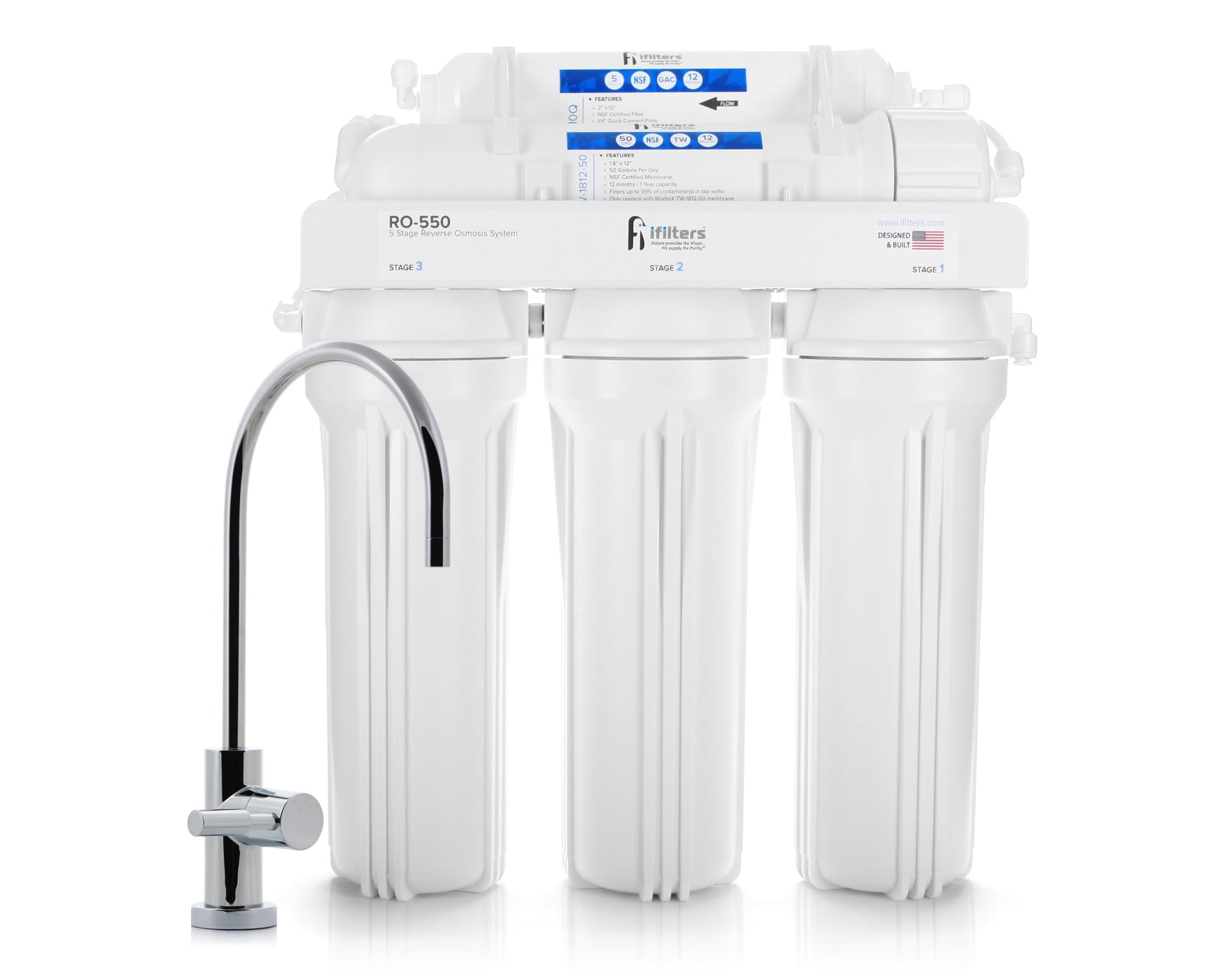




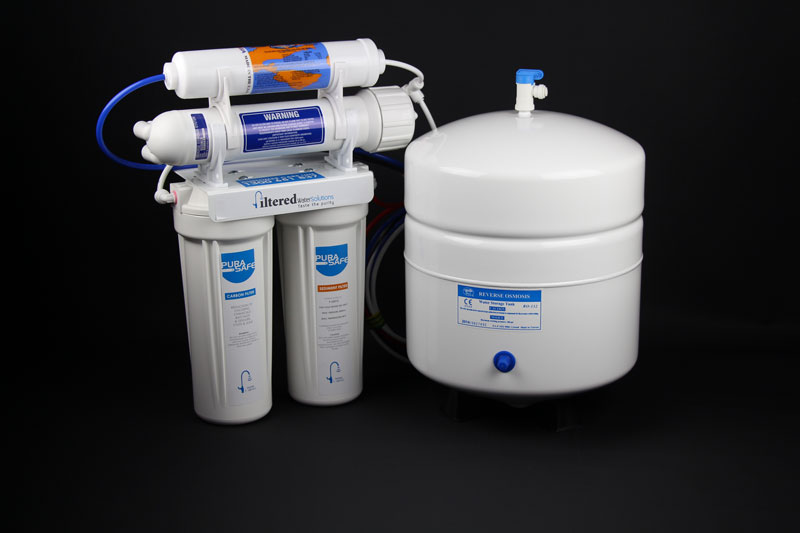

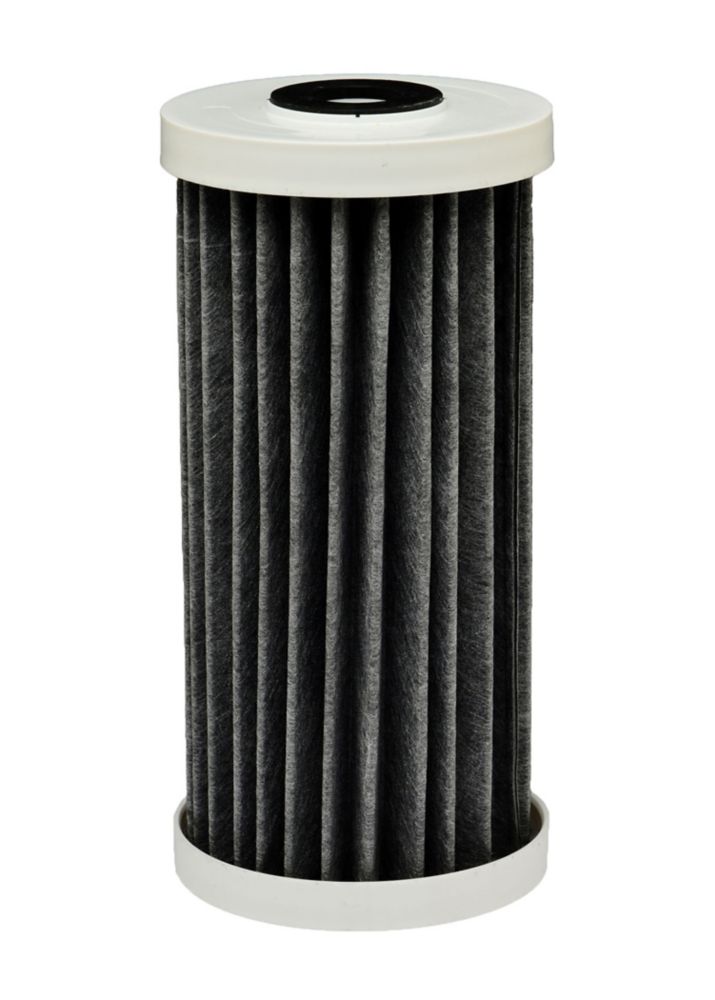
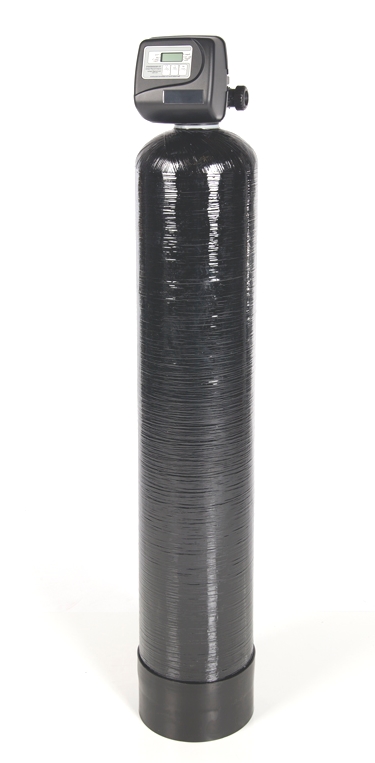



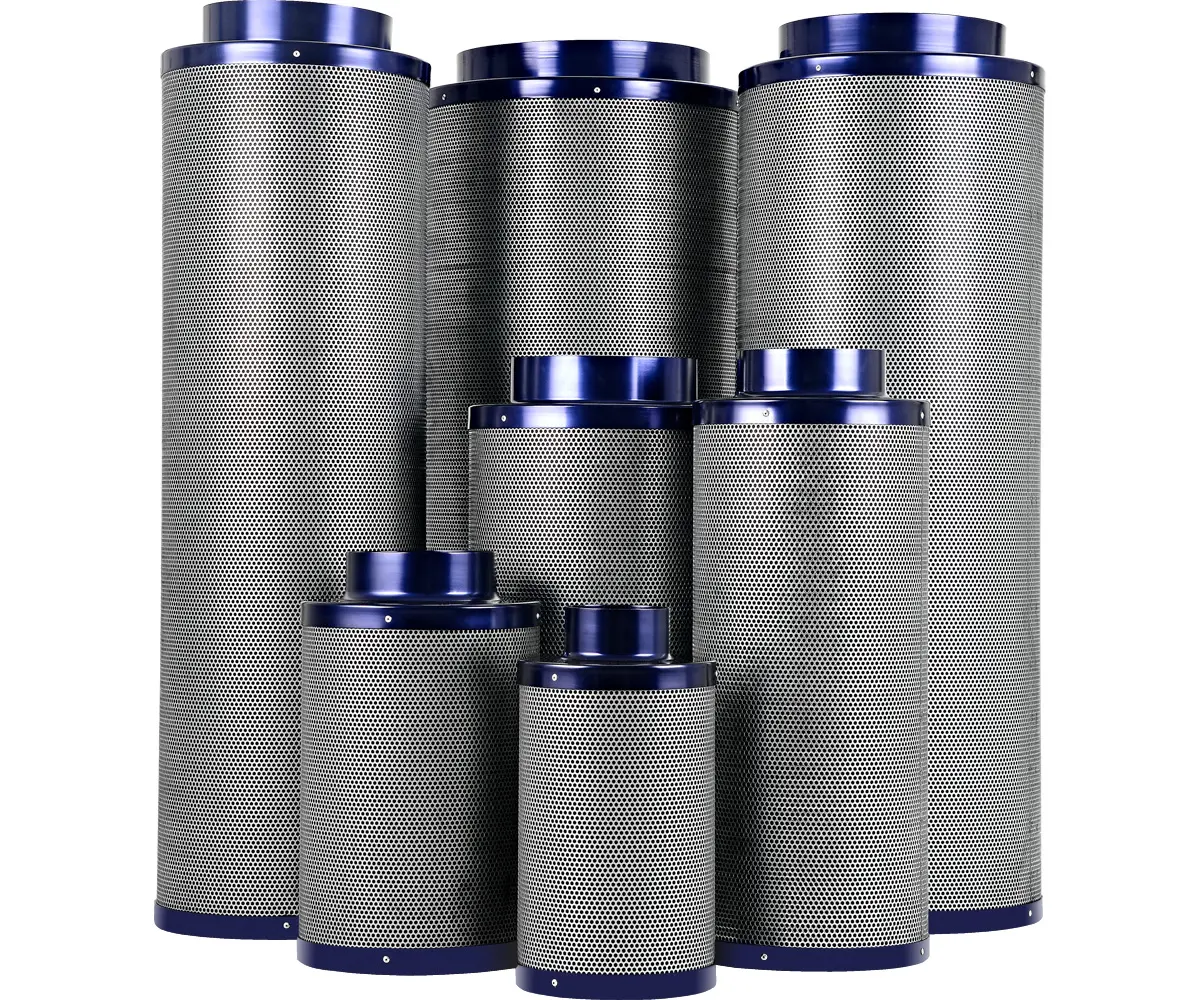

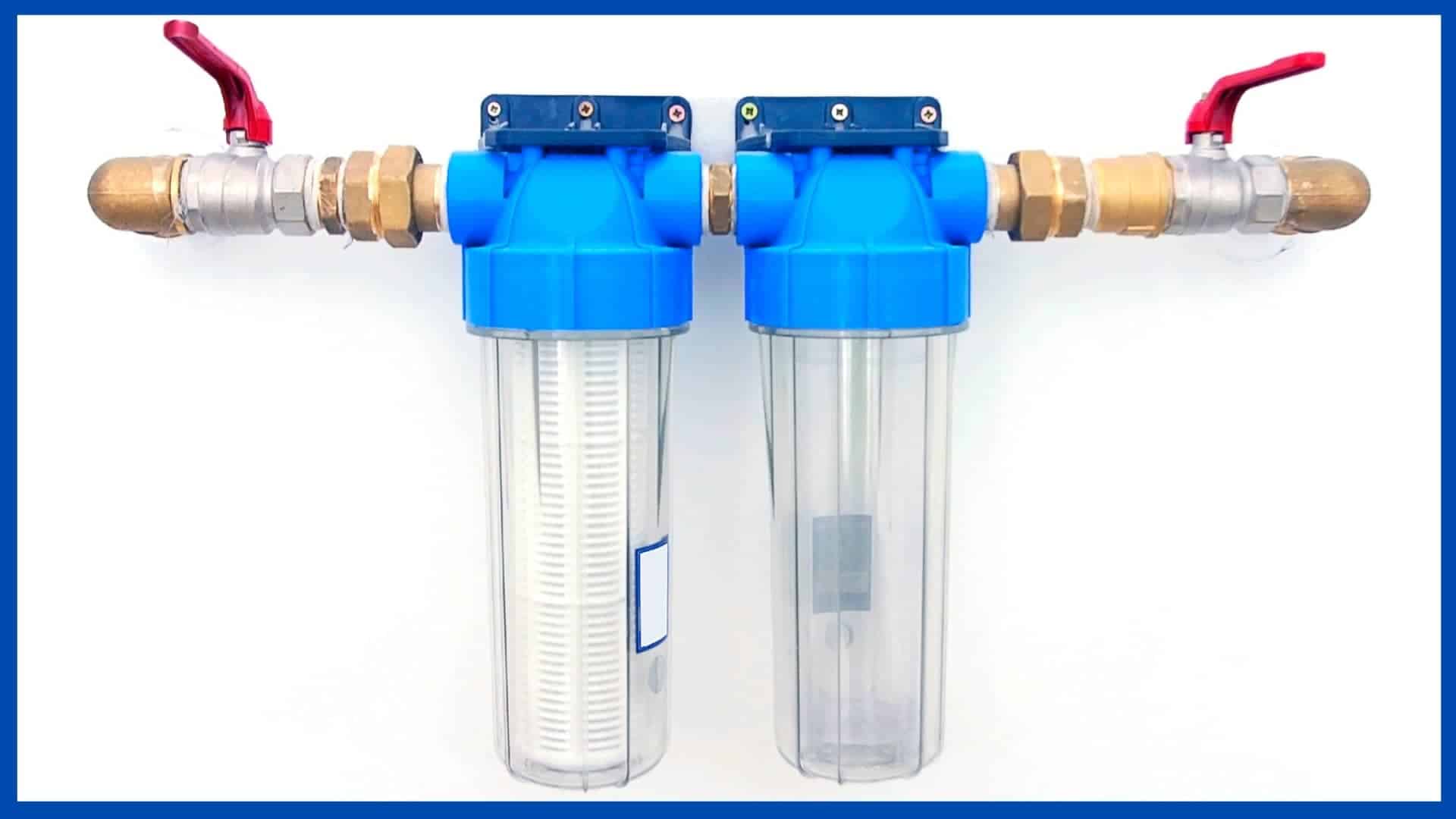
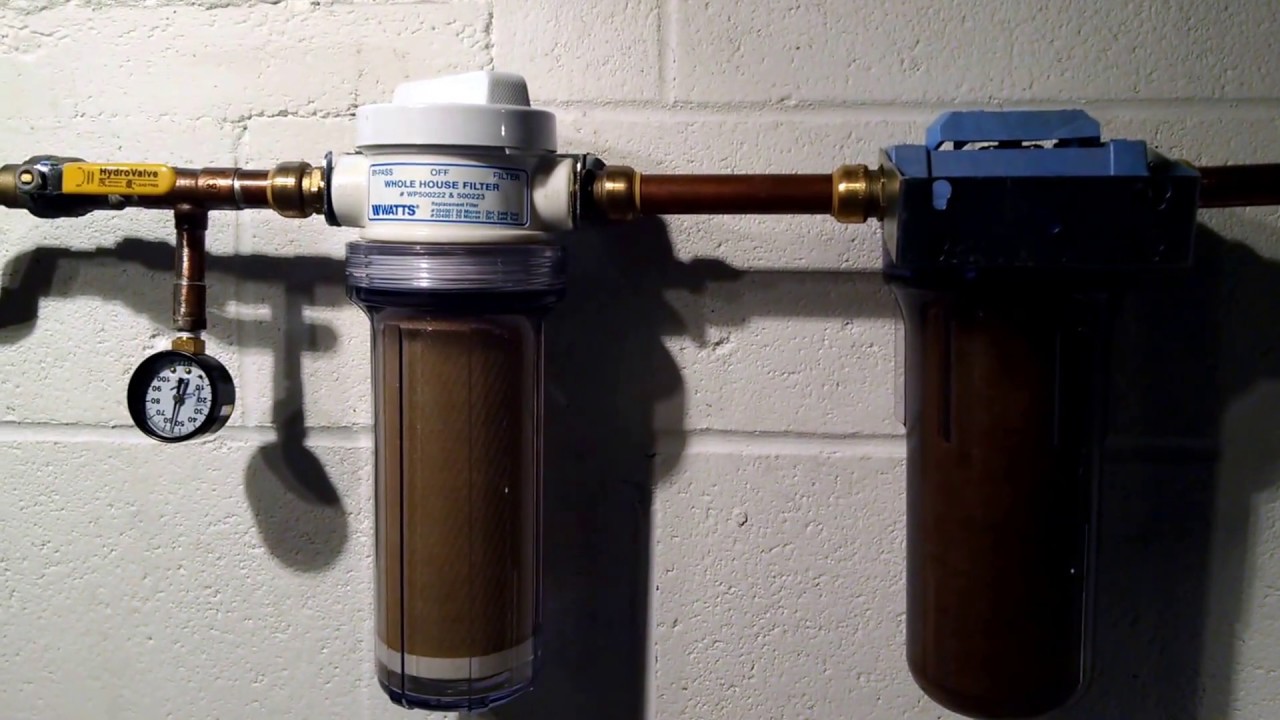
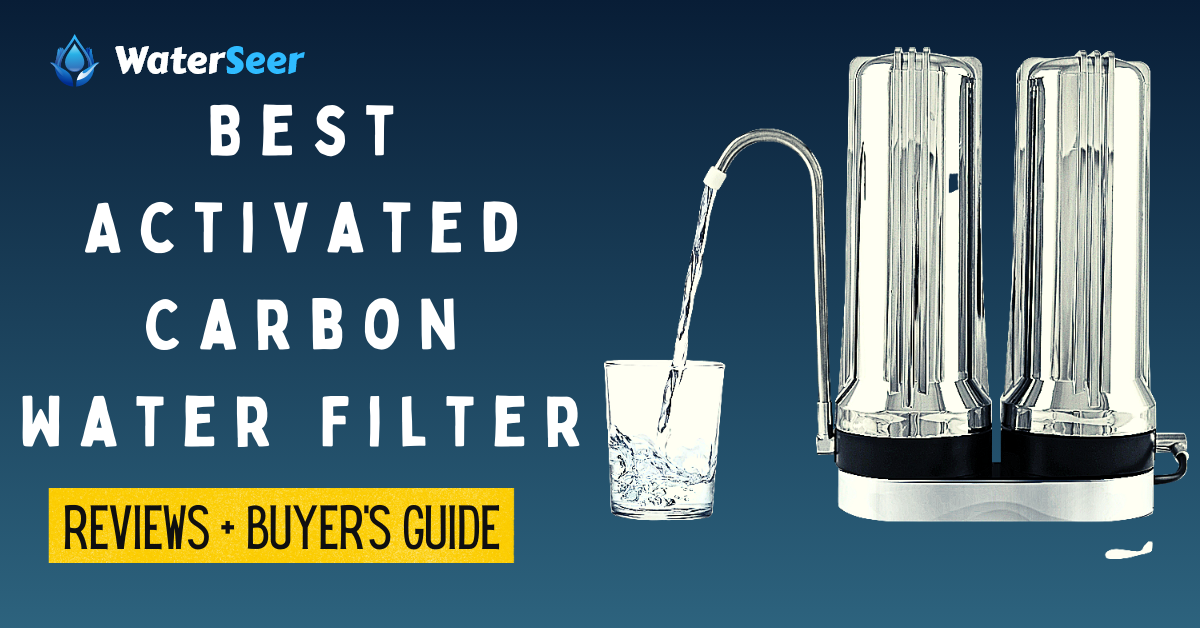



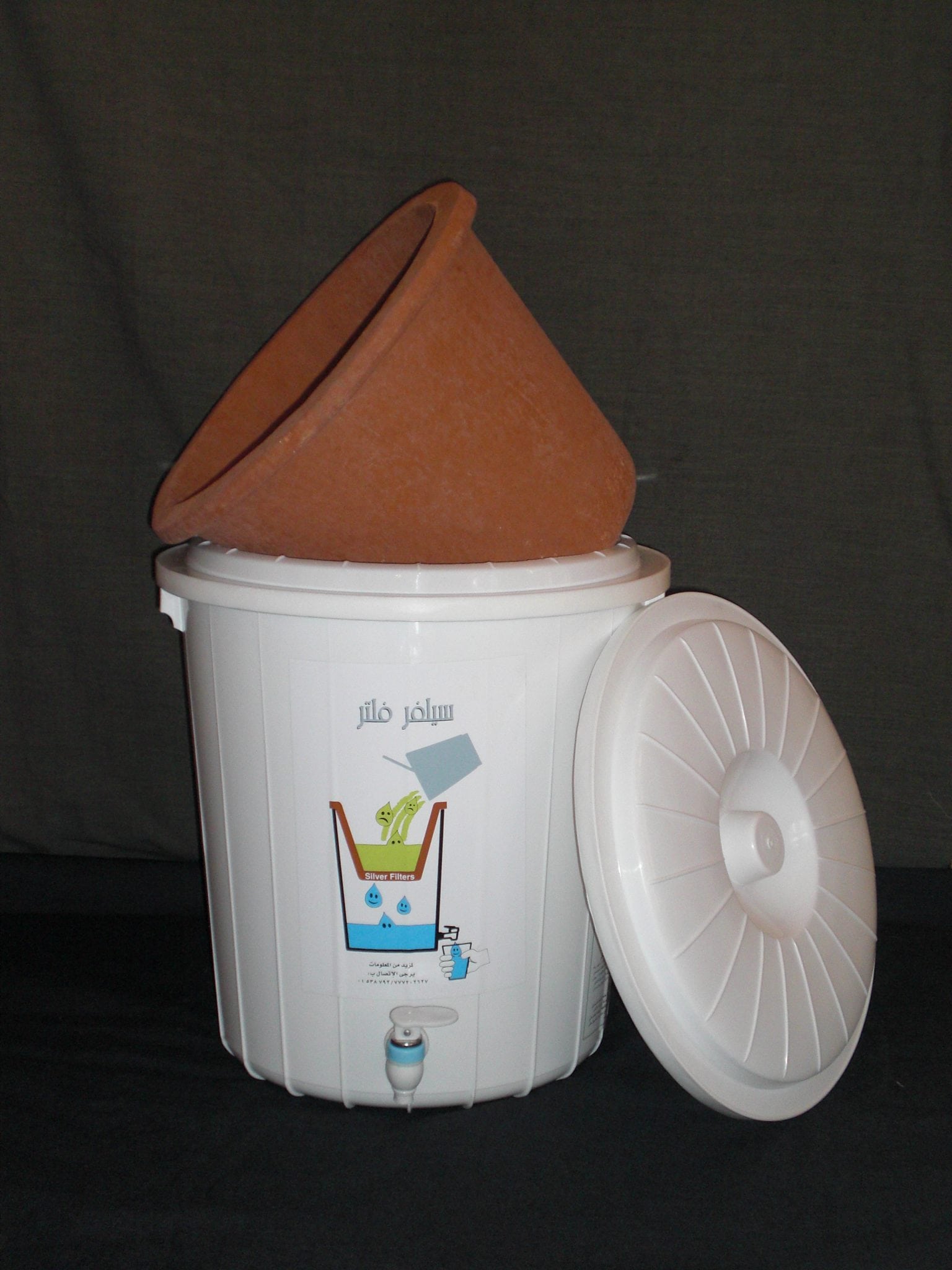

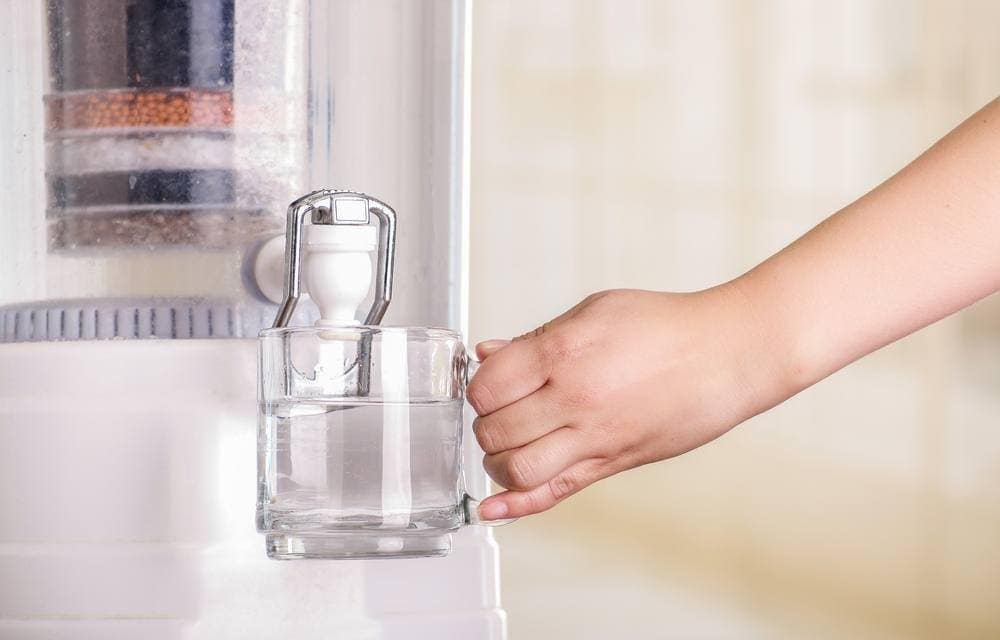
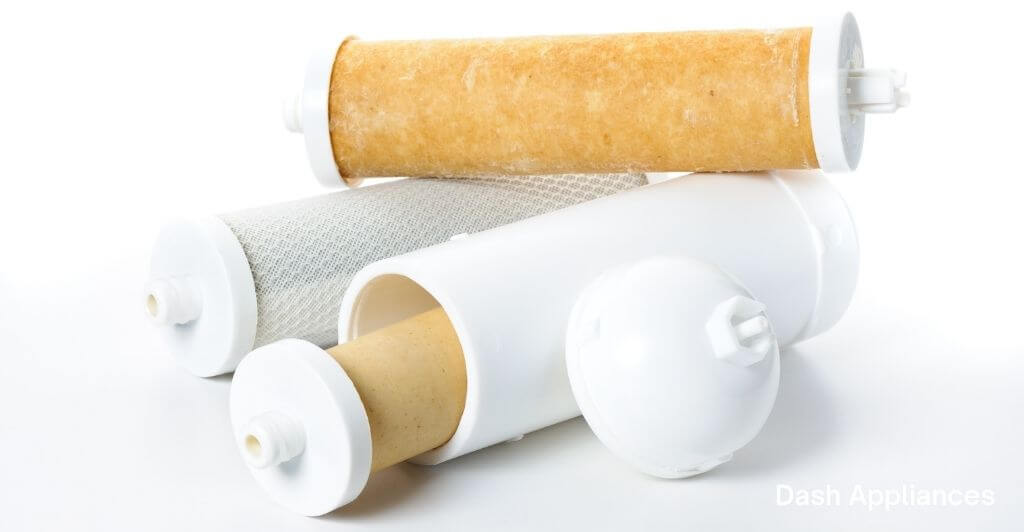



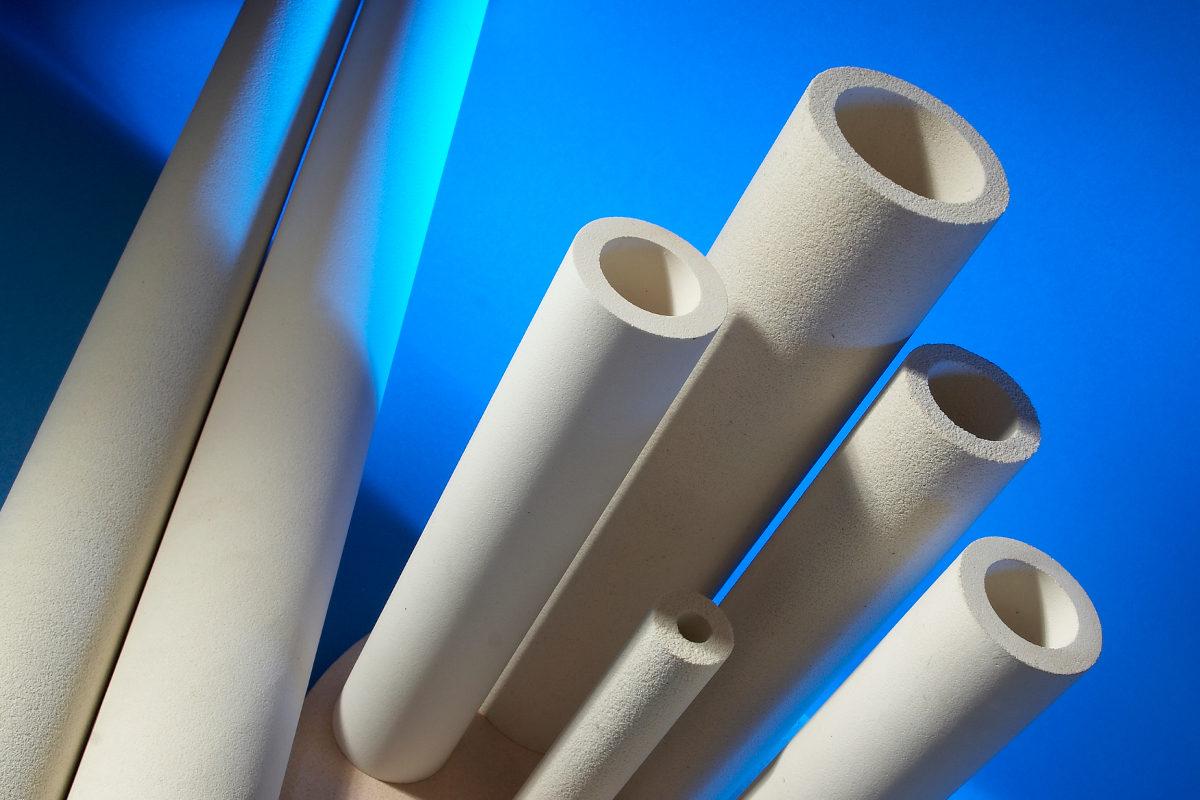



/cdn.vox-cdn.com/uploads/chorus_image/image/63879746/WaterFilter_2.0.jpg)
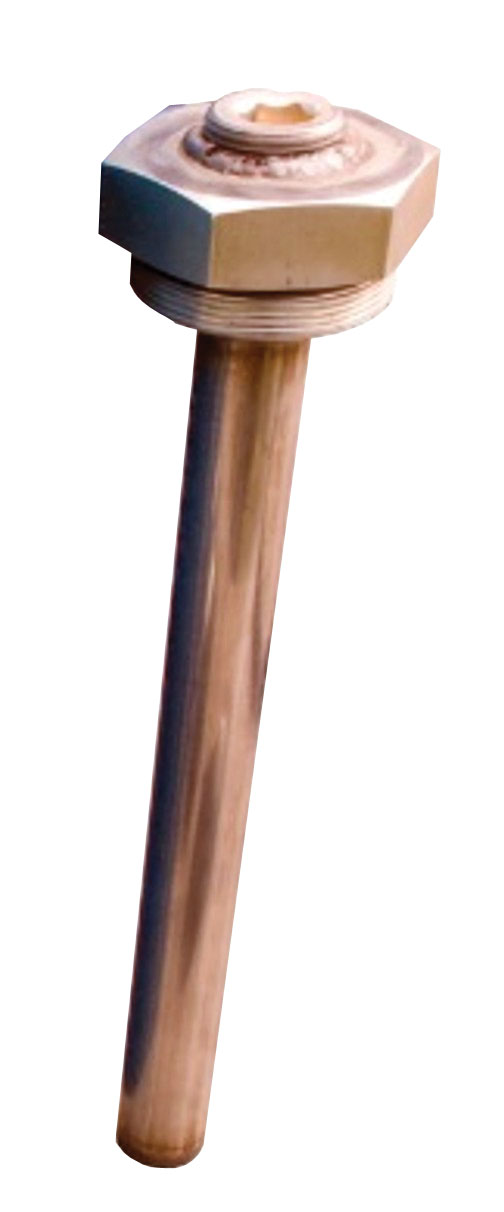






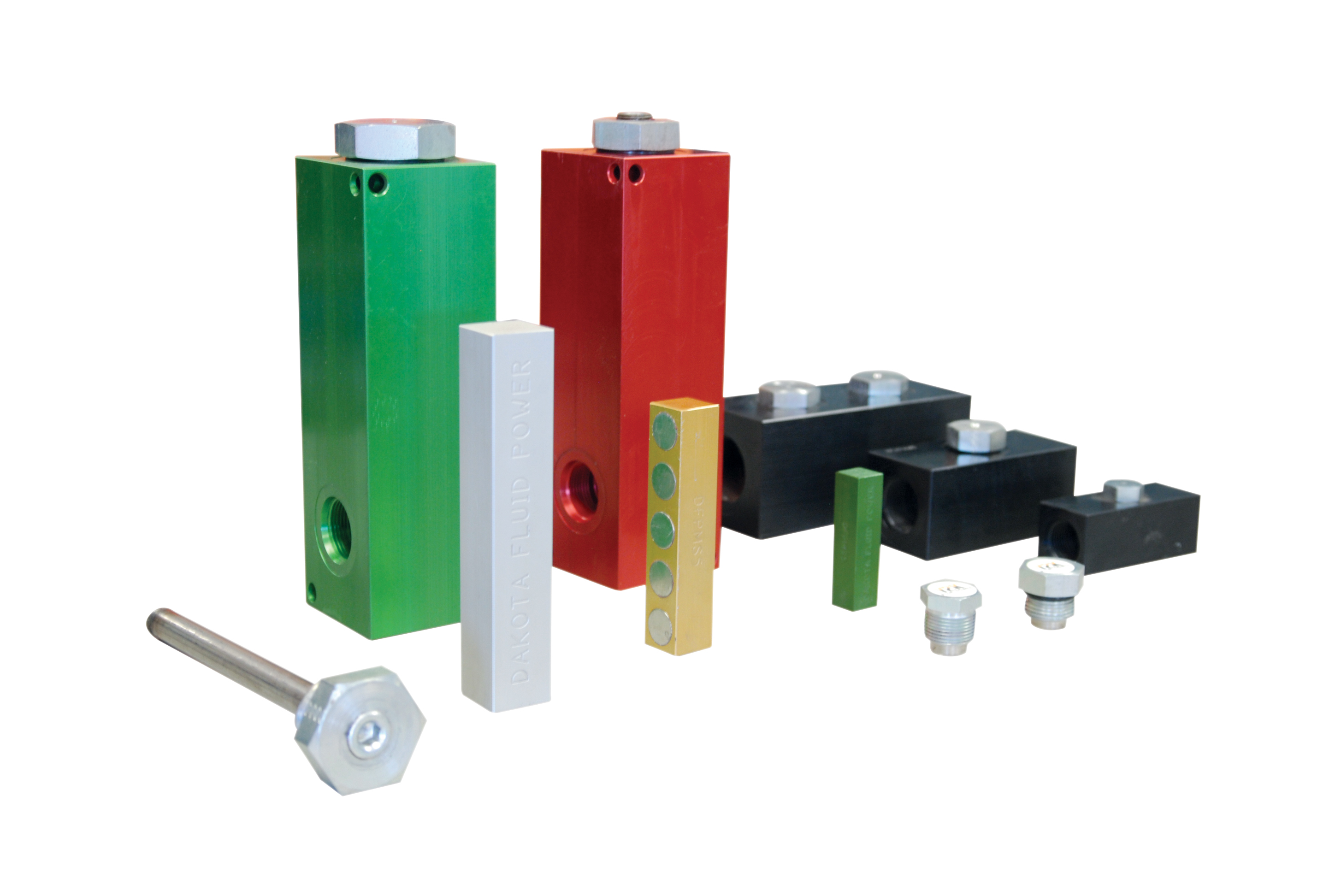
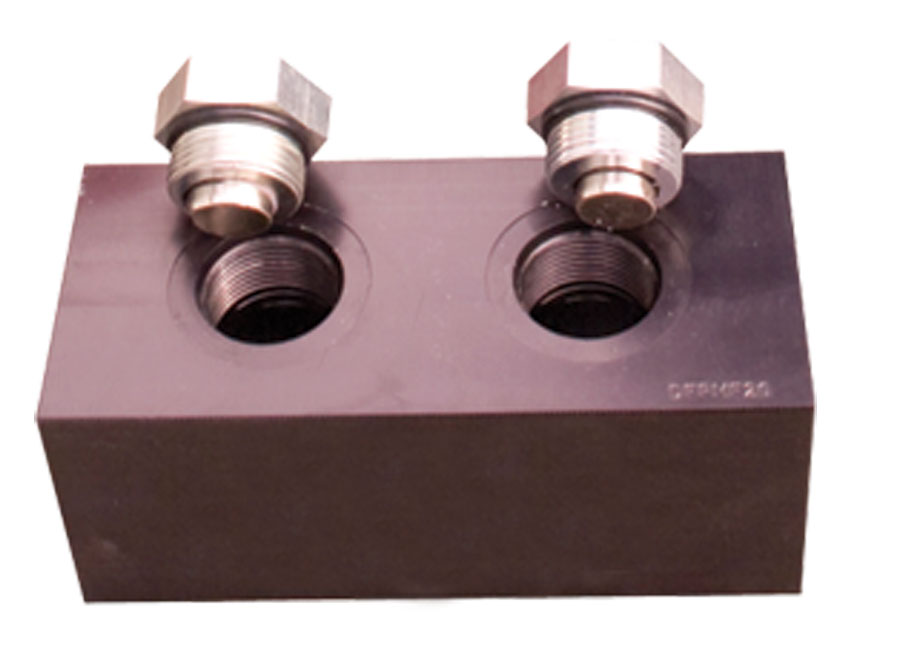



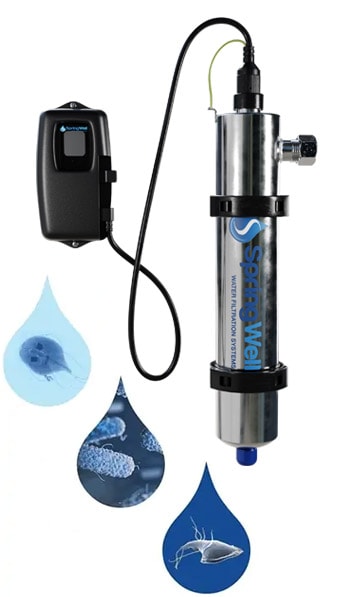


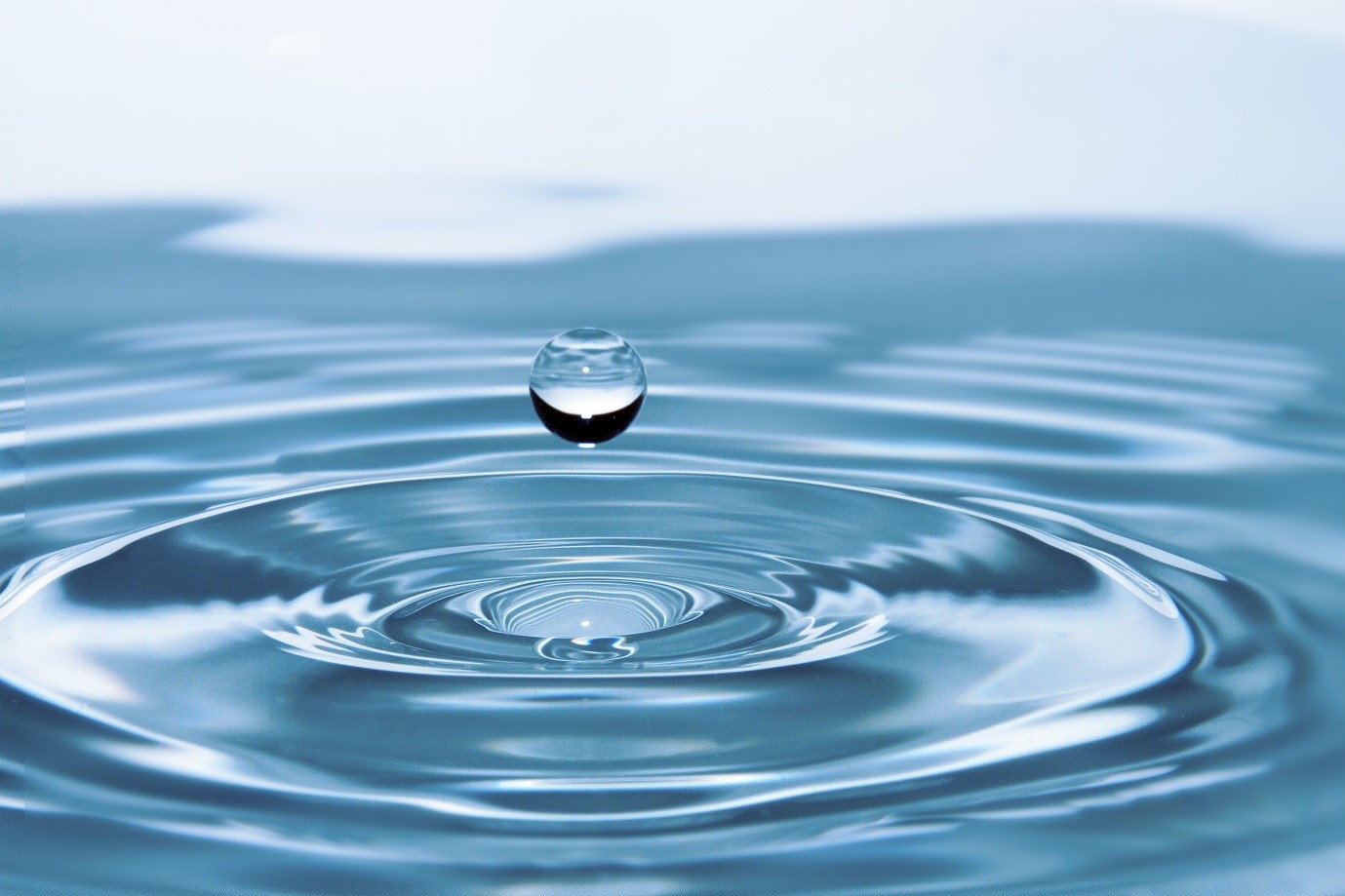
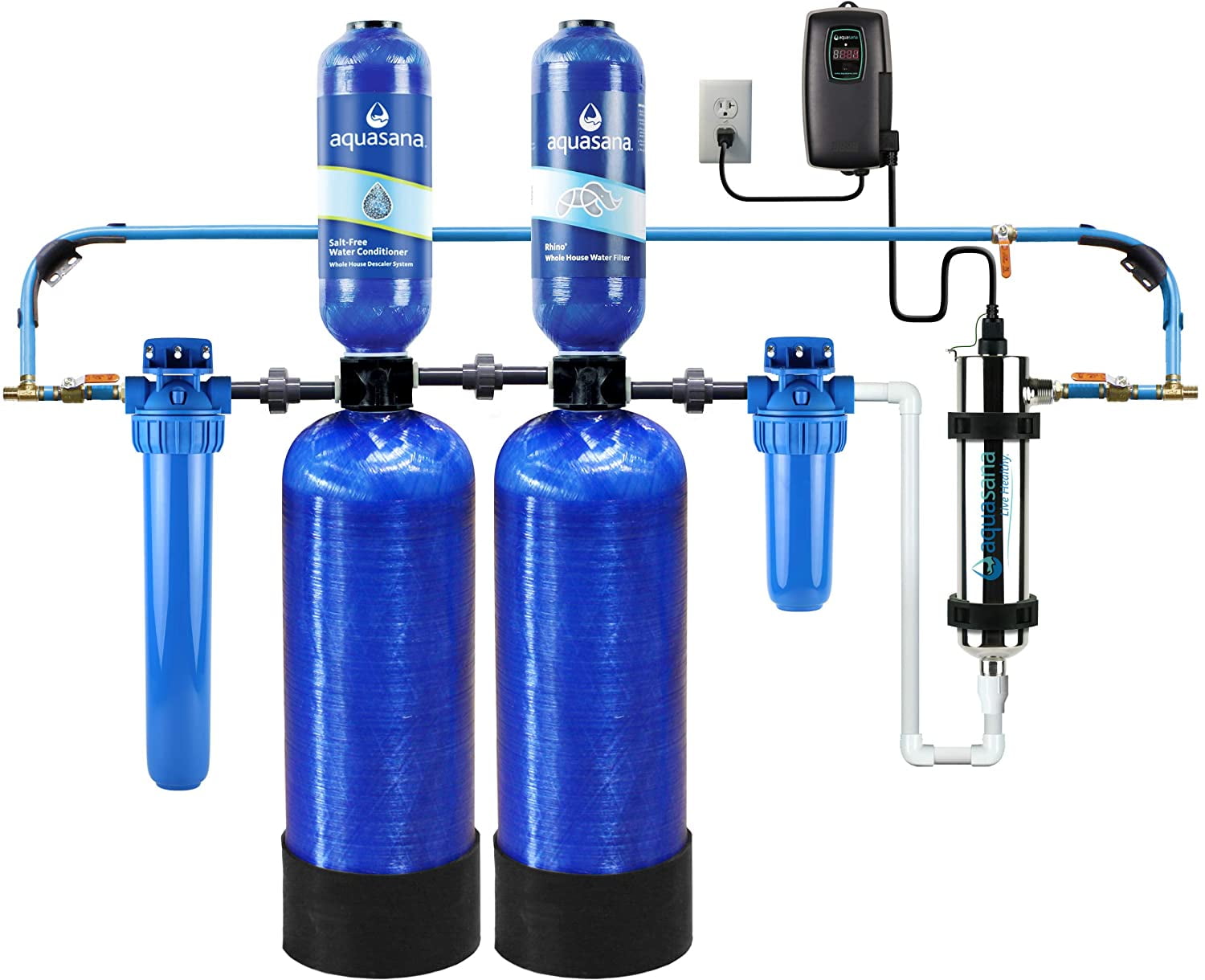

:max_bytes(150000):strip_icc()/the-best-water-filters-tout-cdfb9d6989a94e2391760cf1f8fceea4.jpg)




